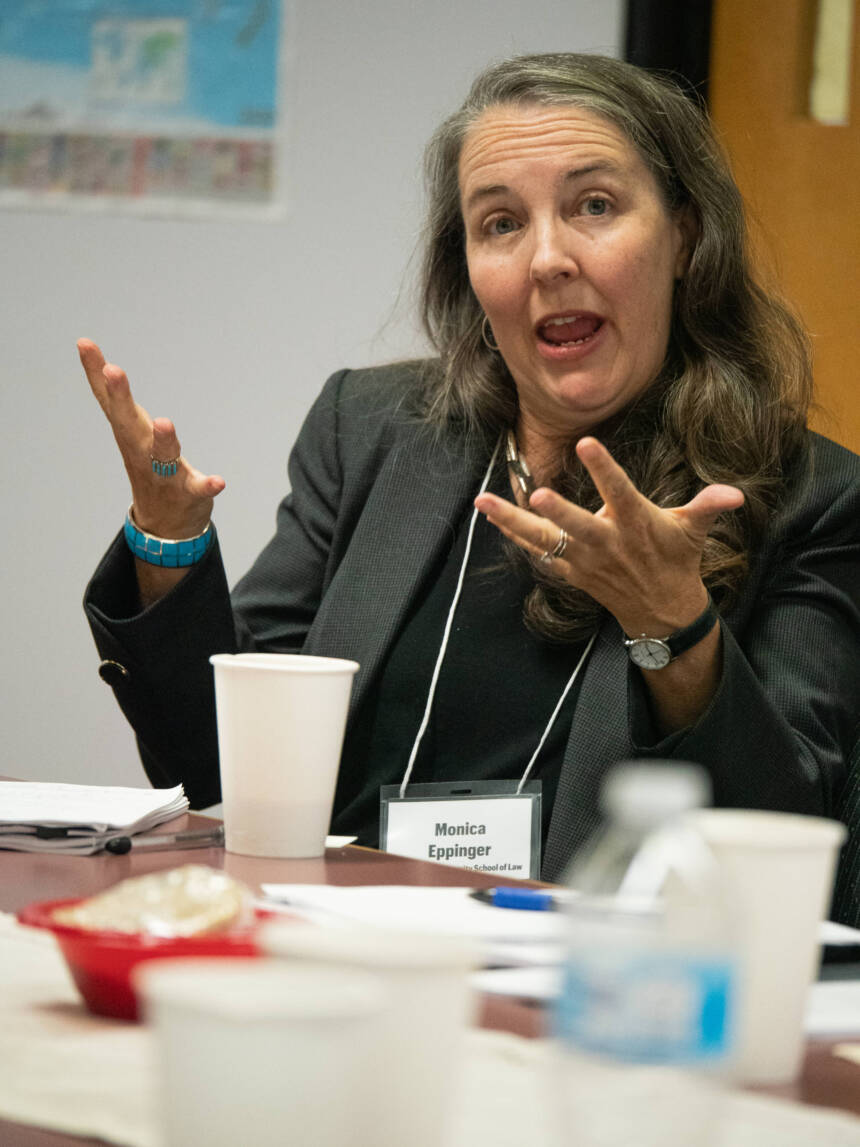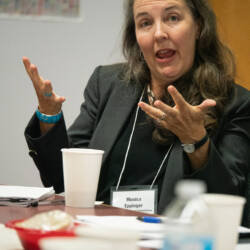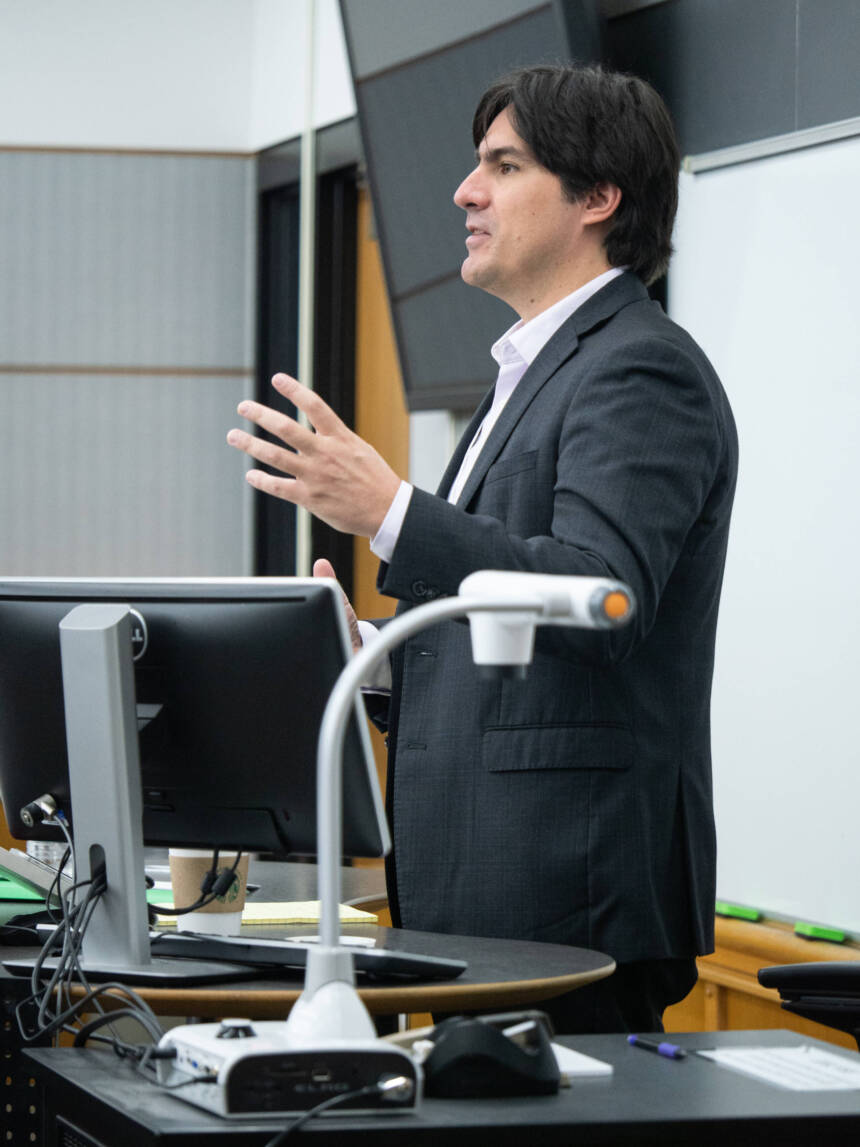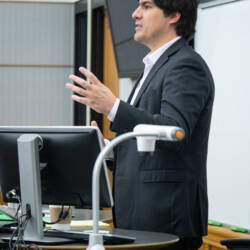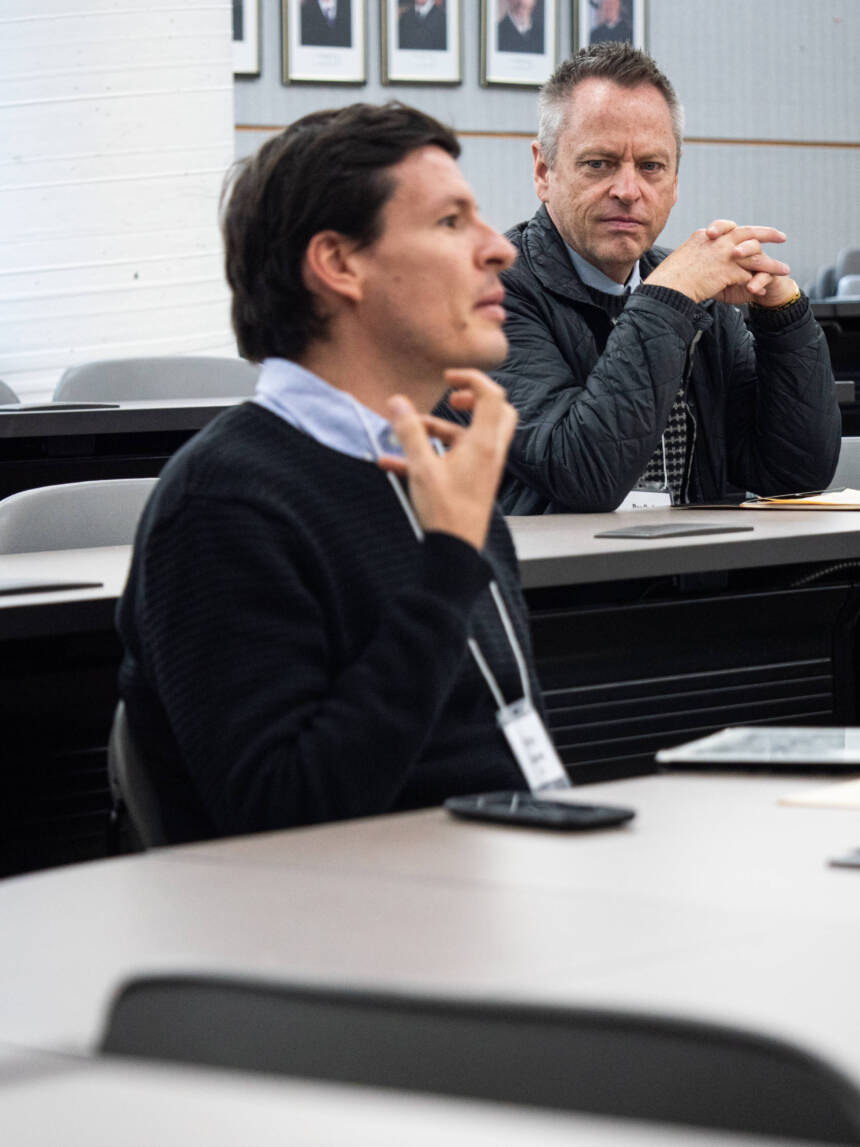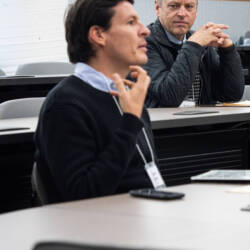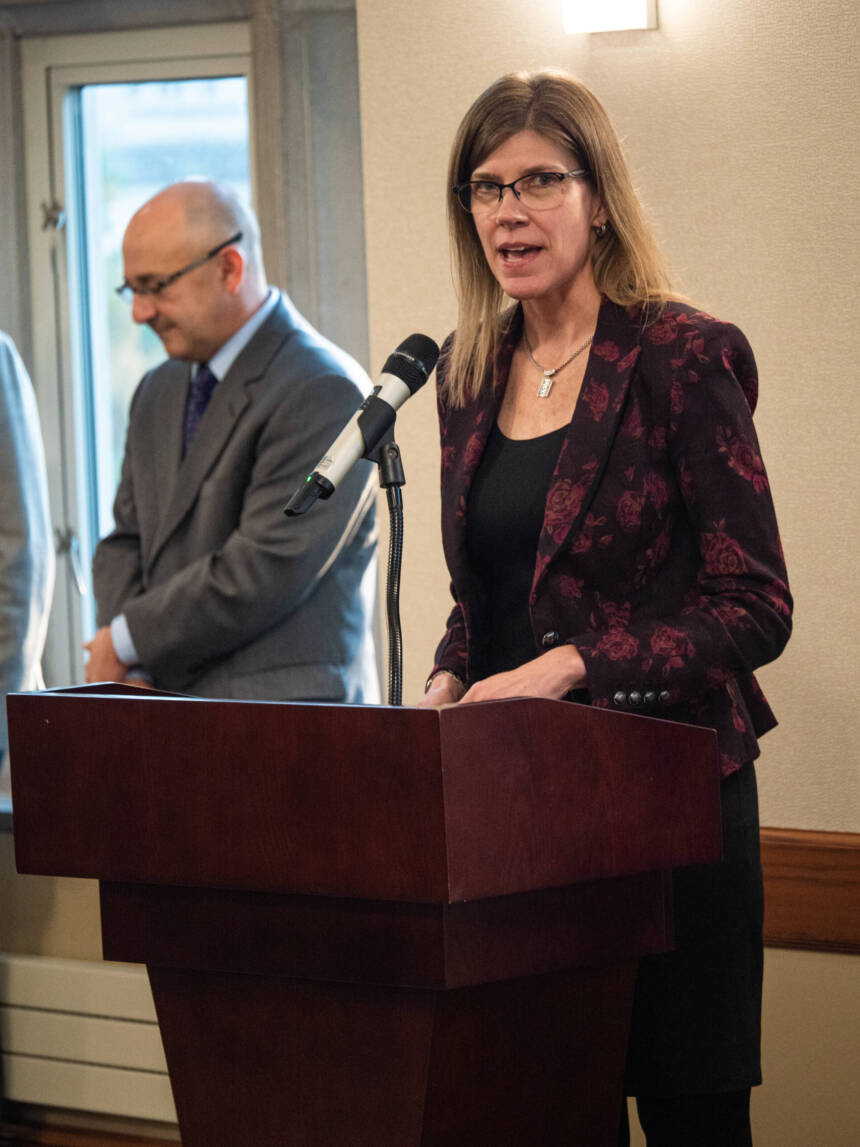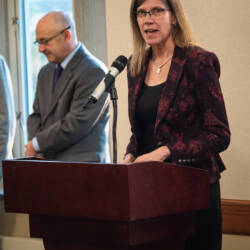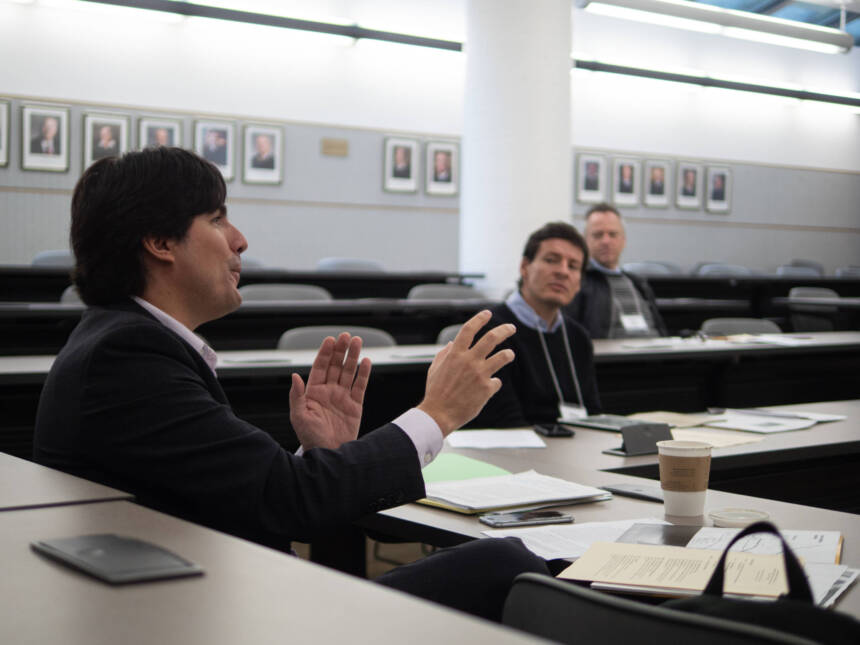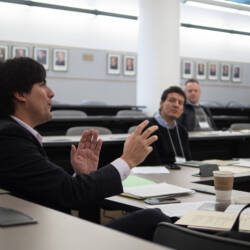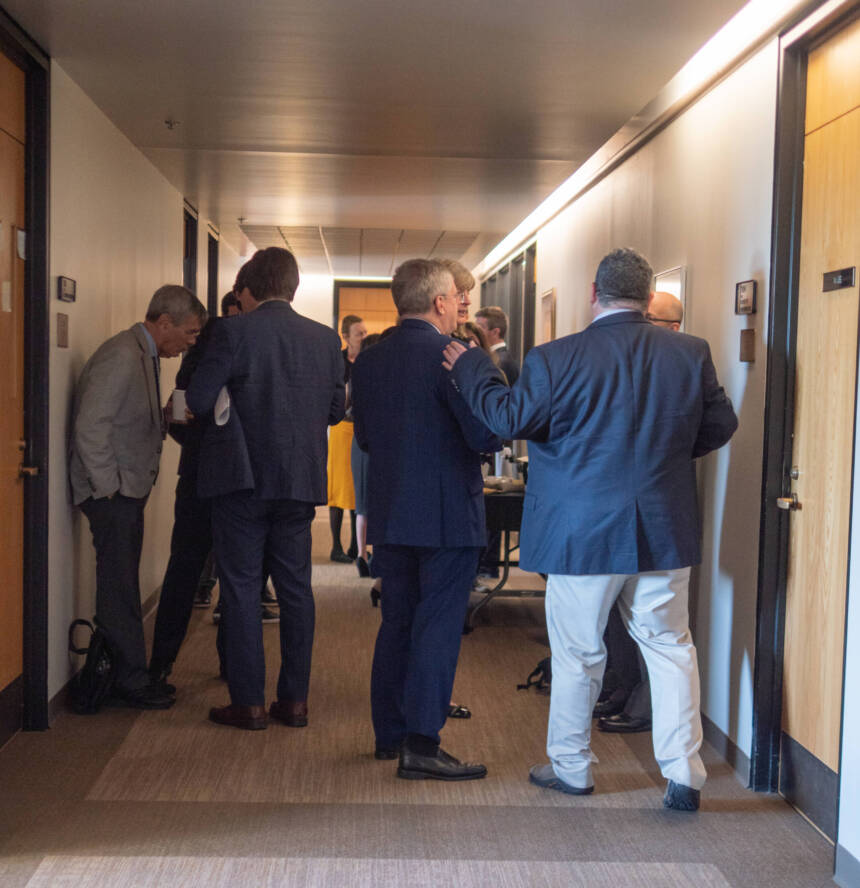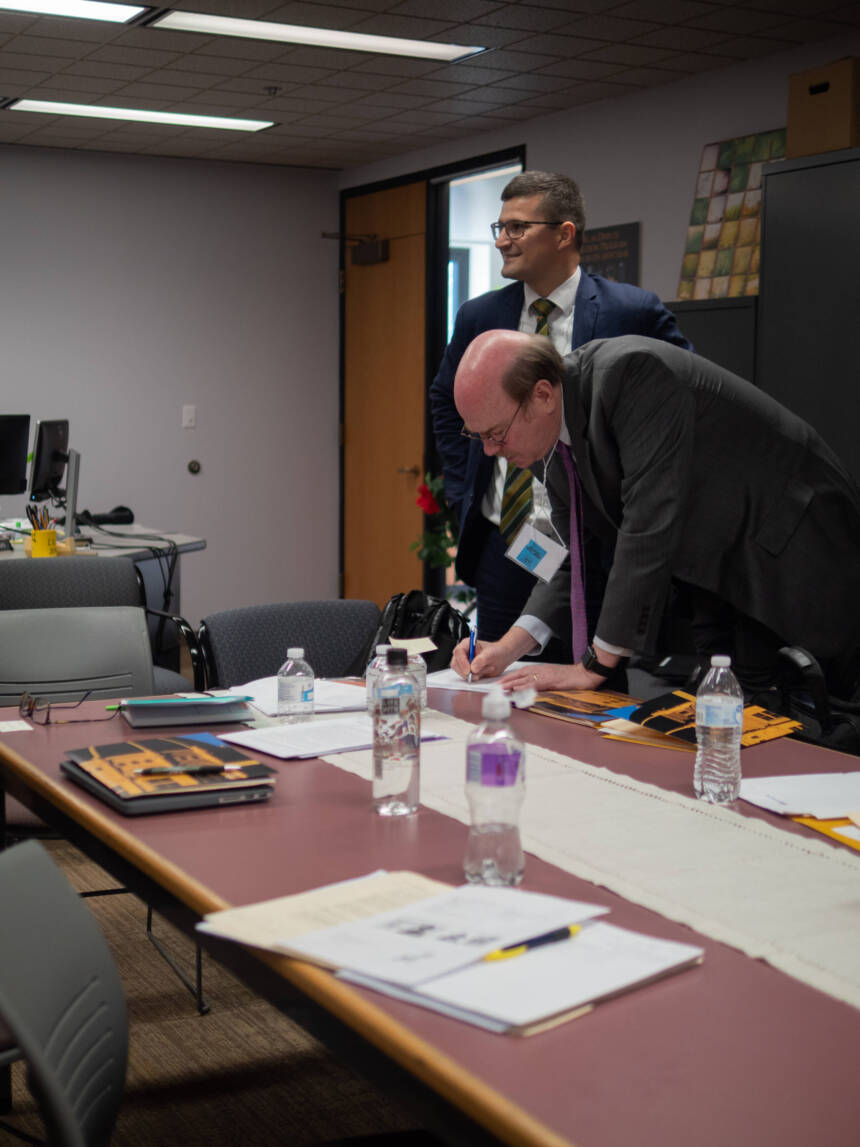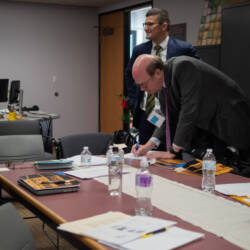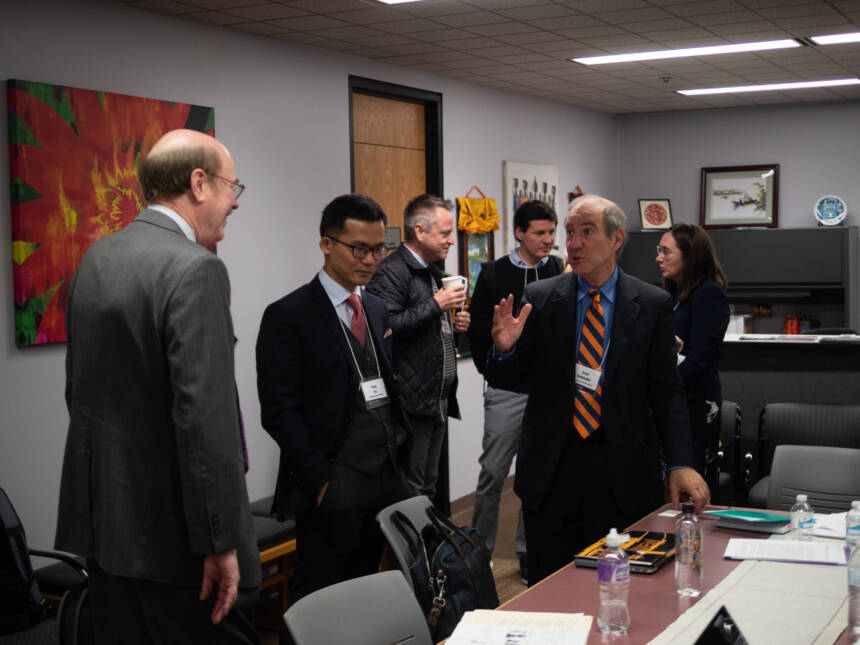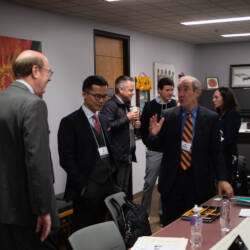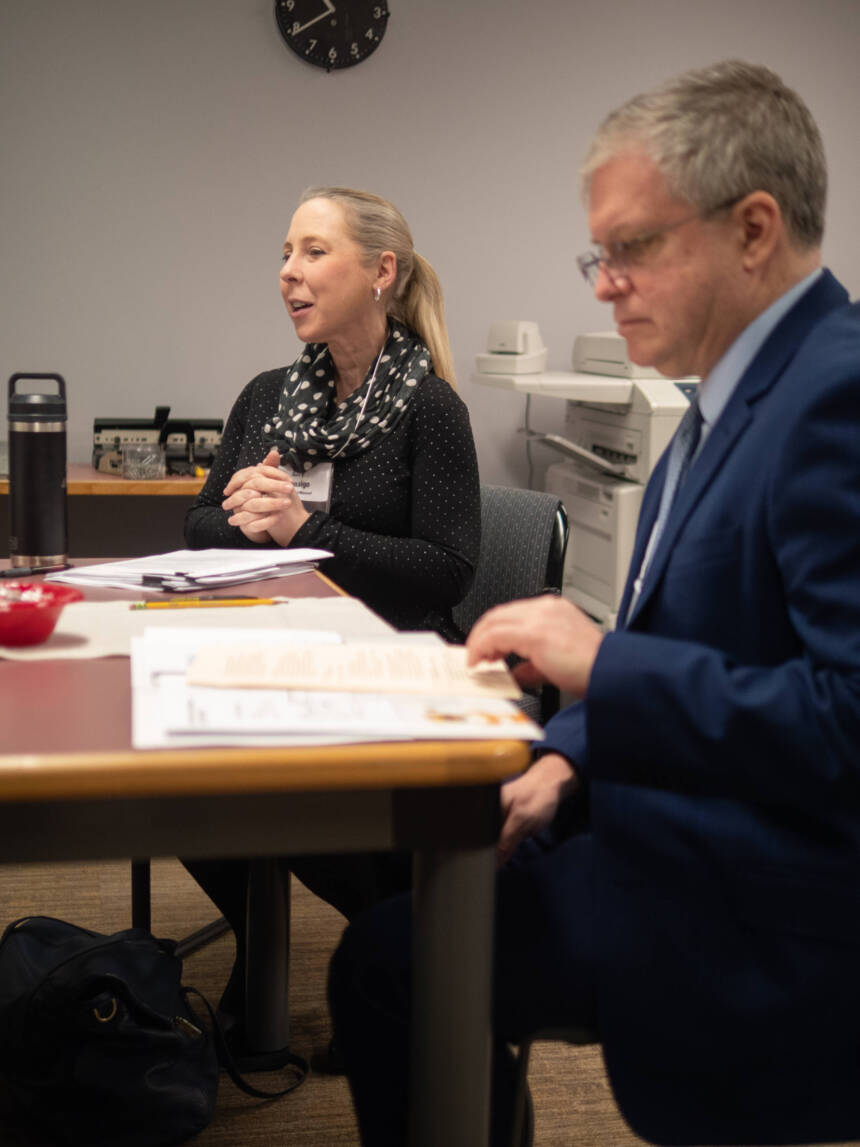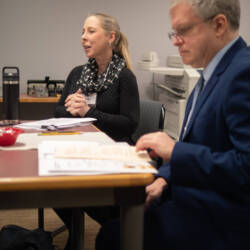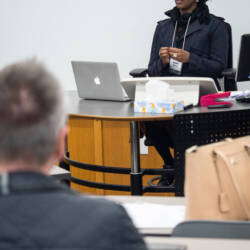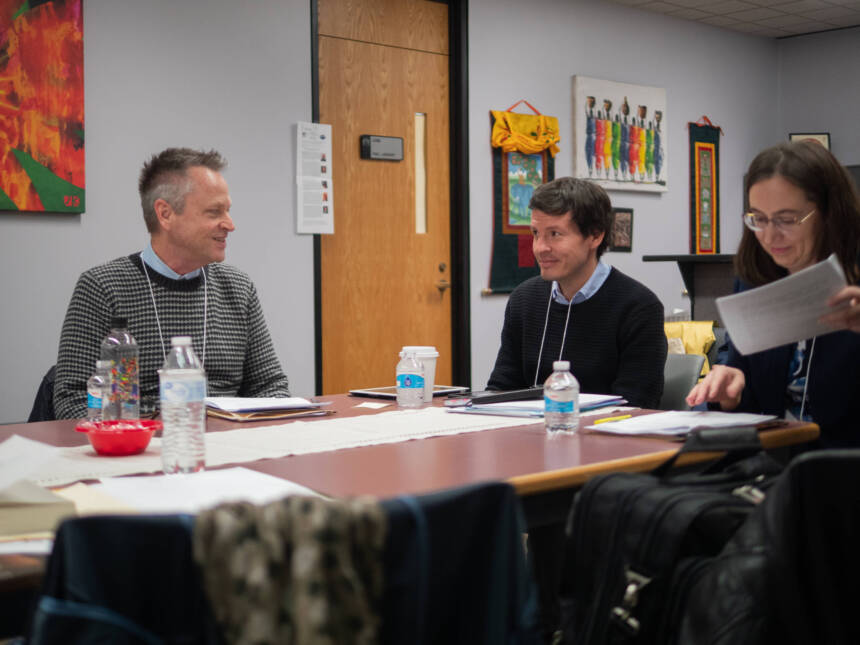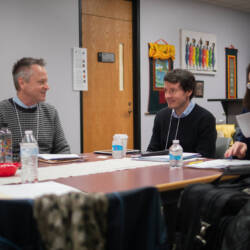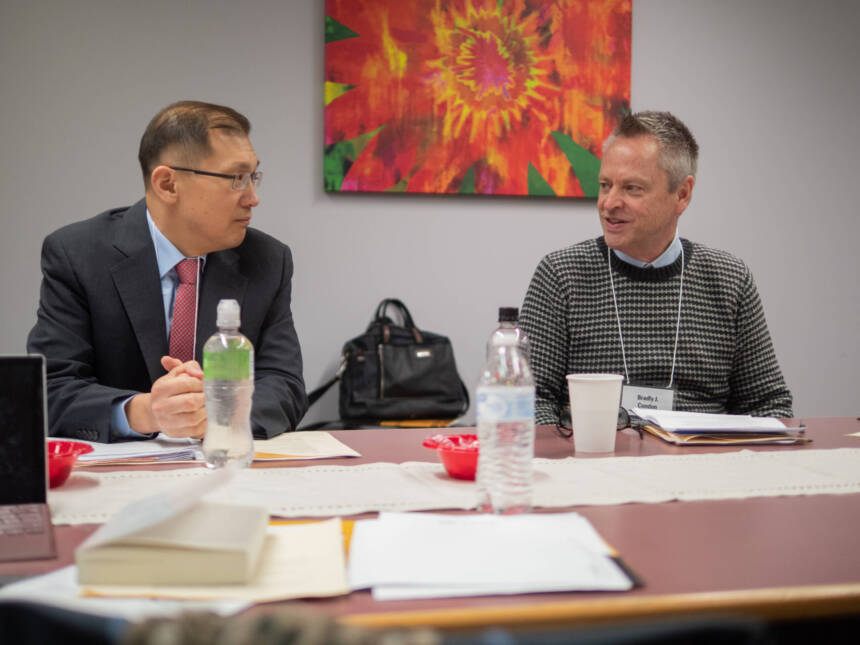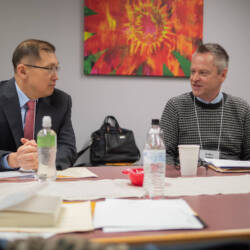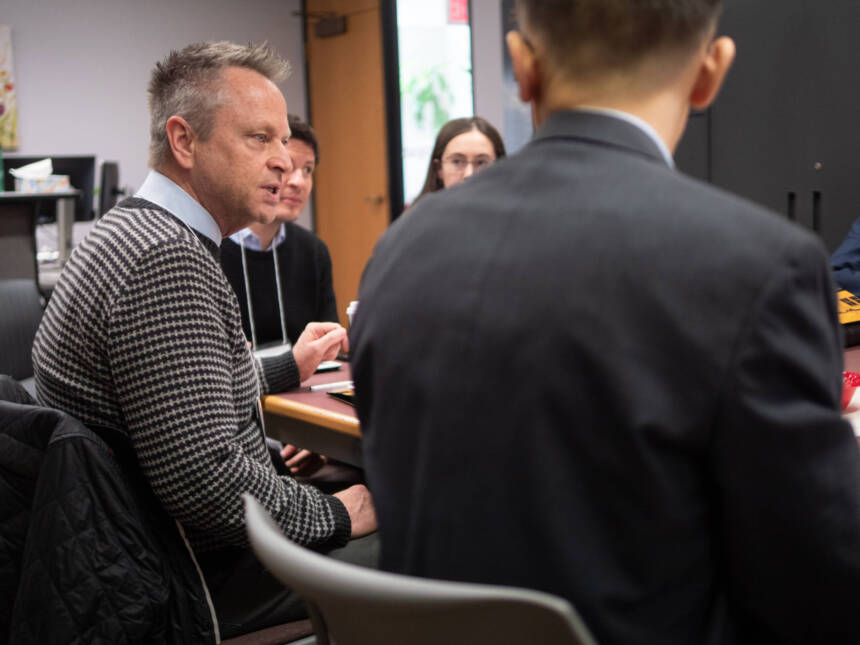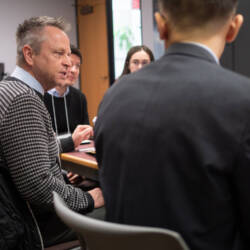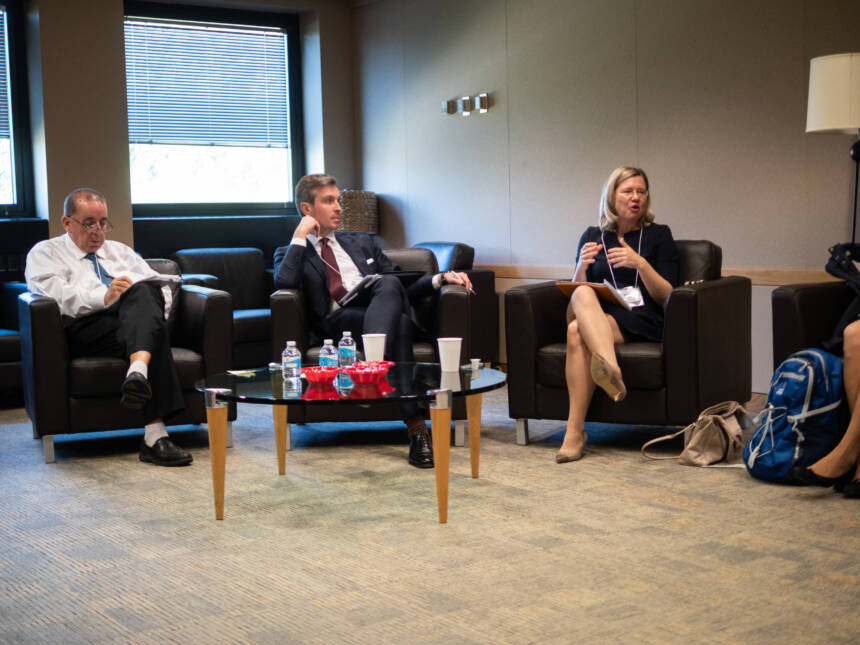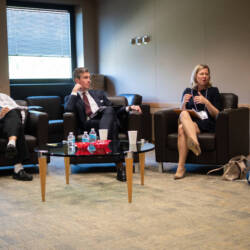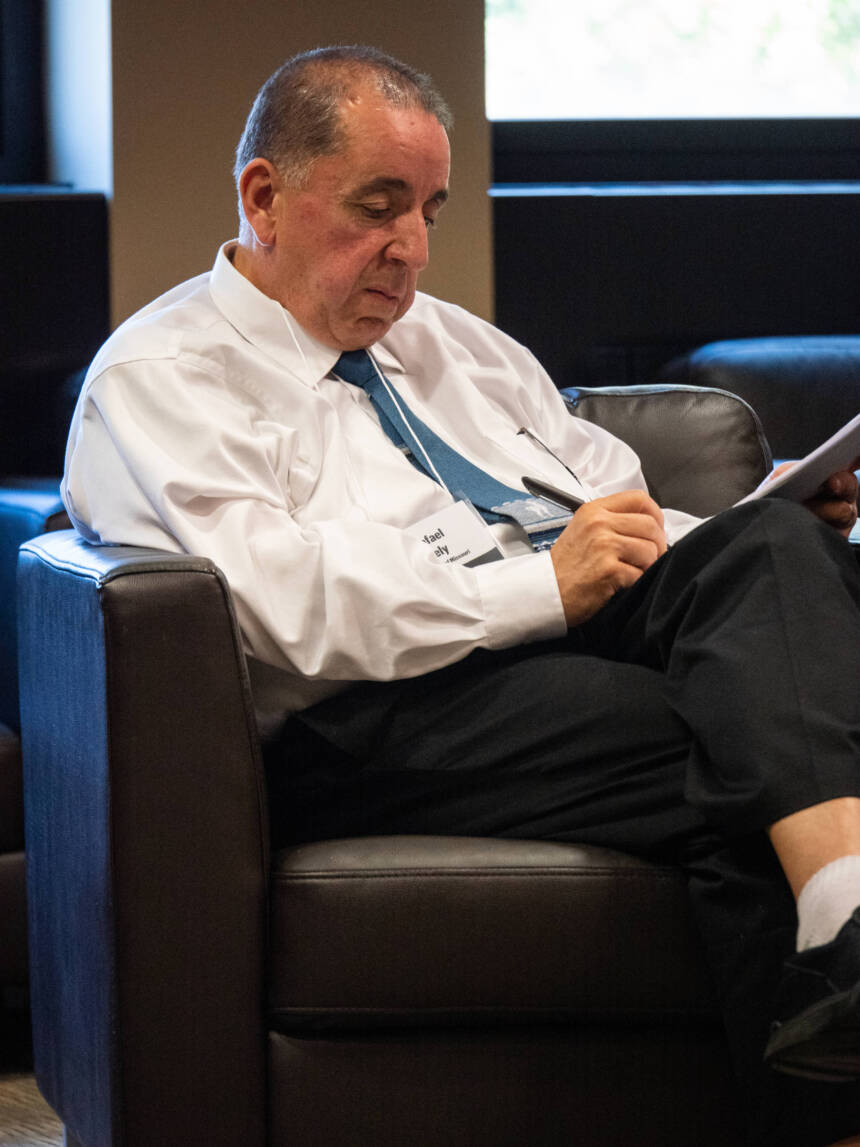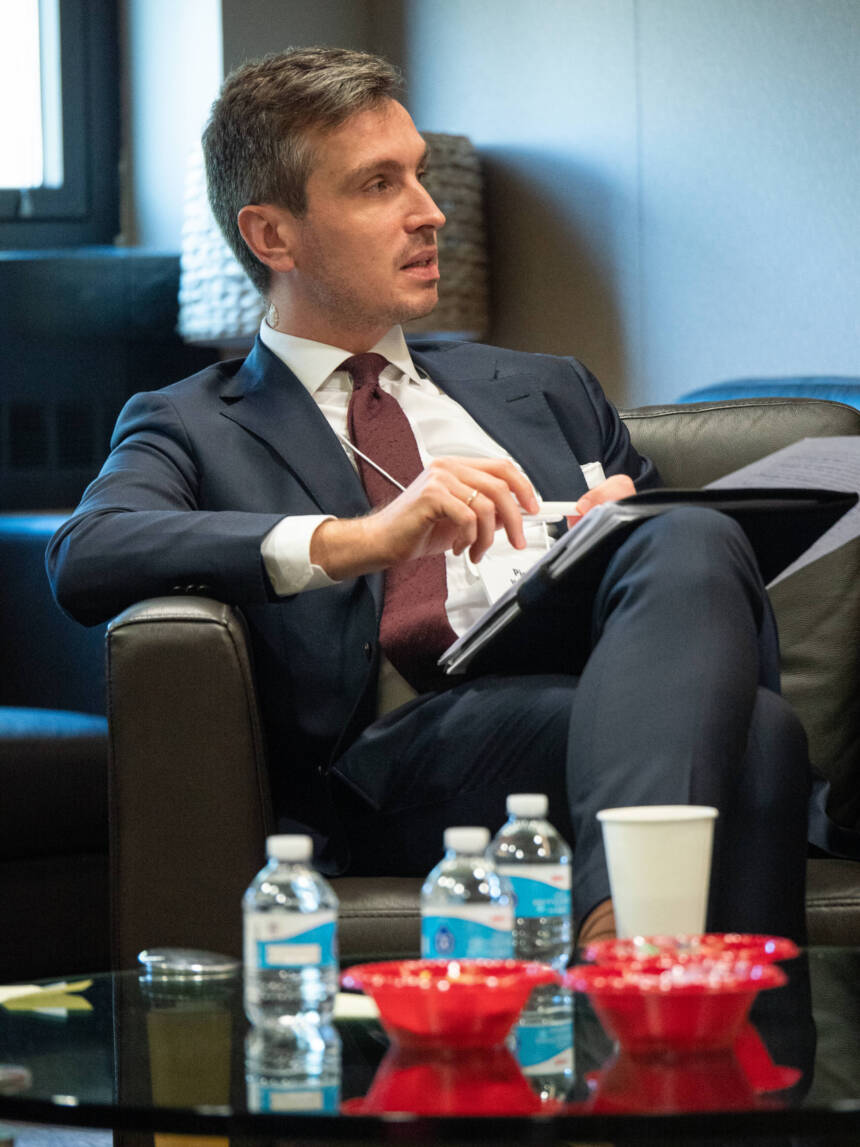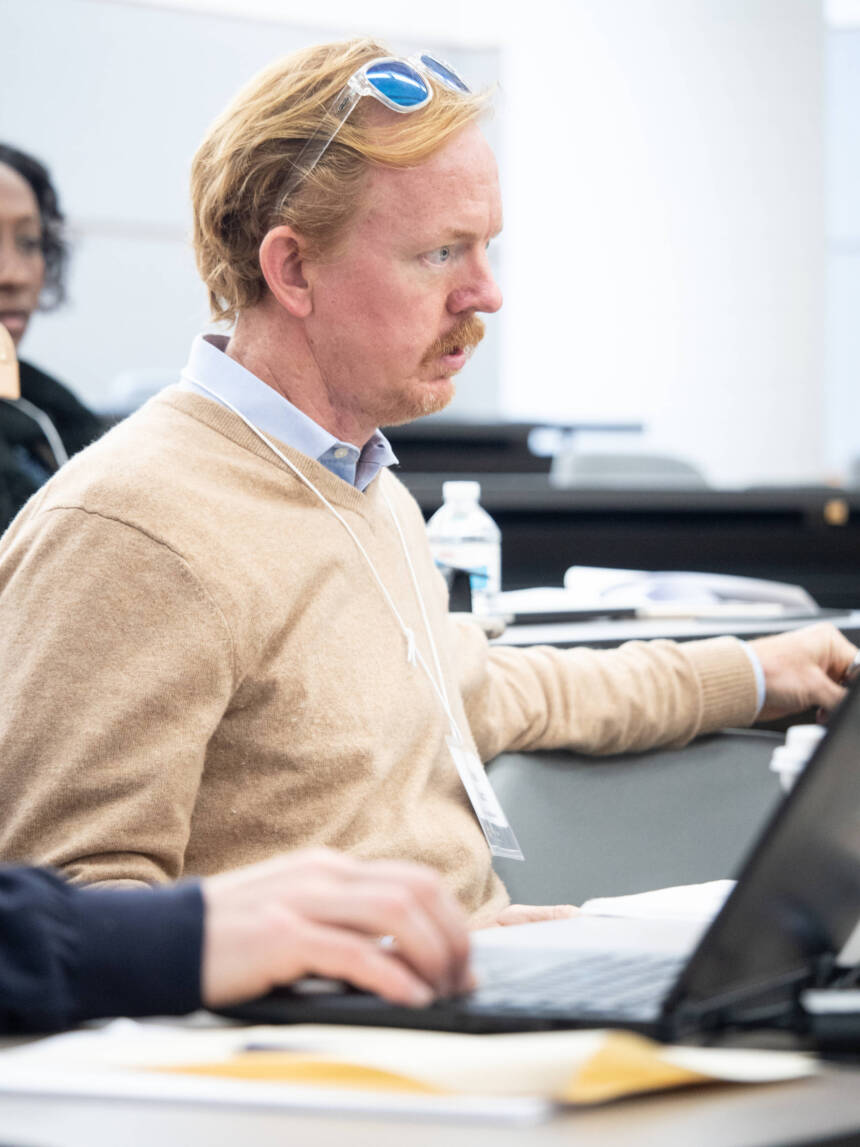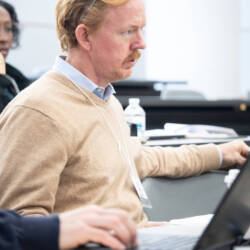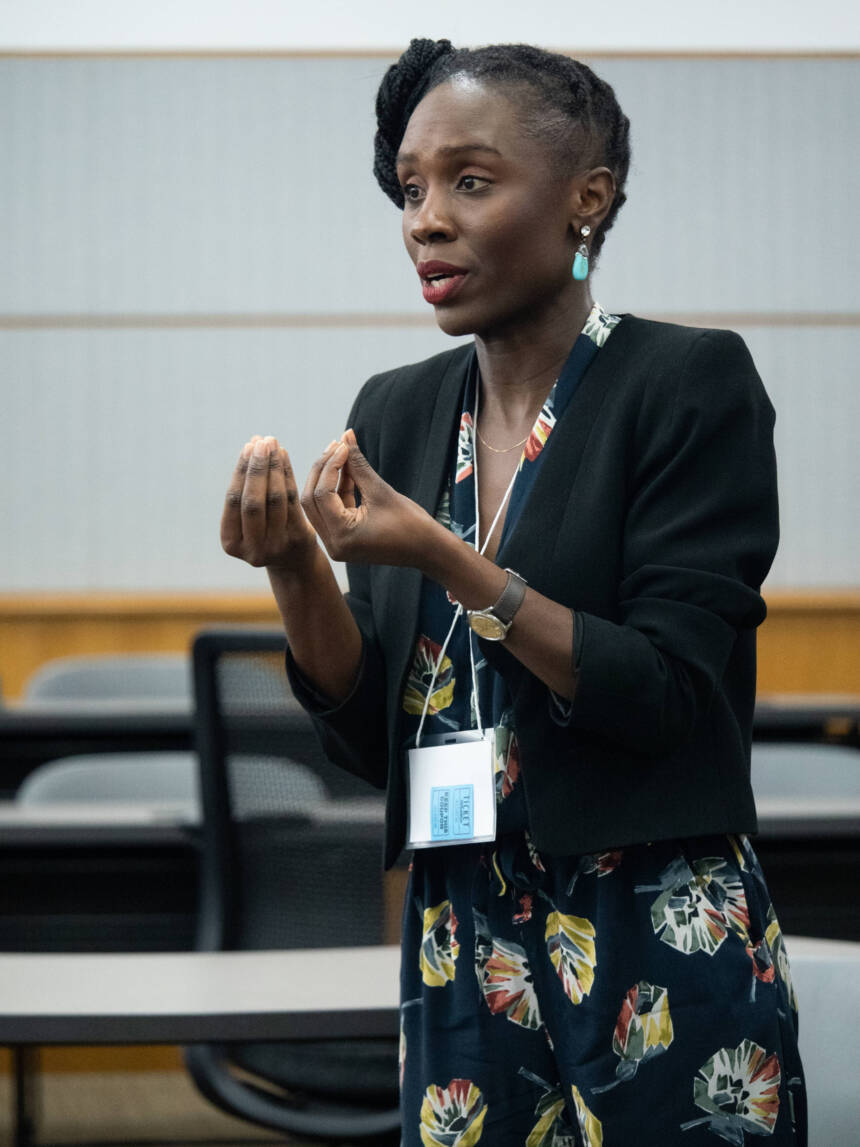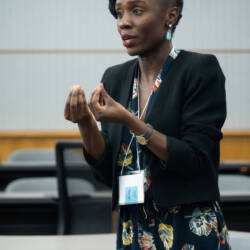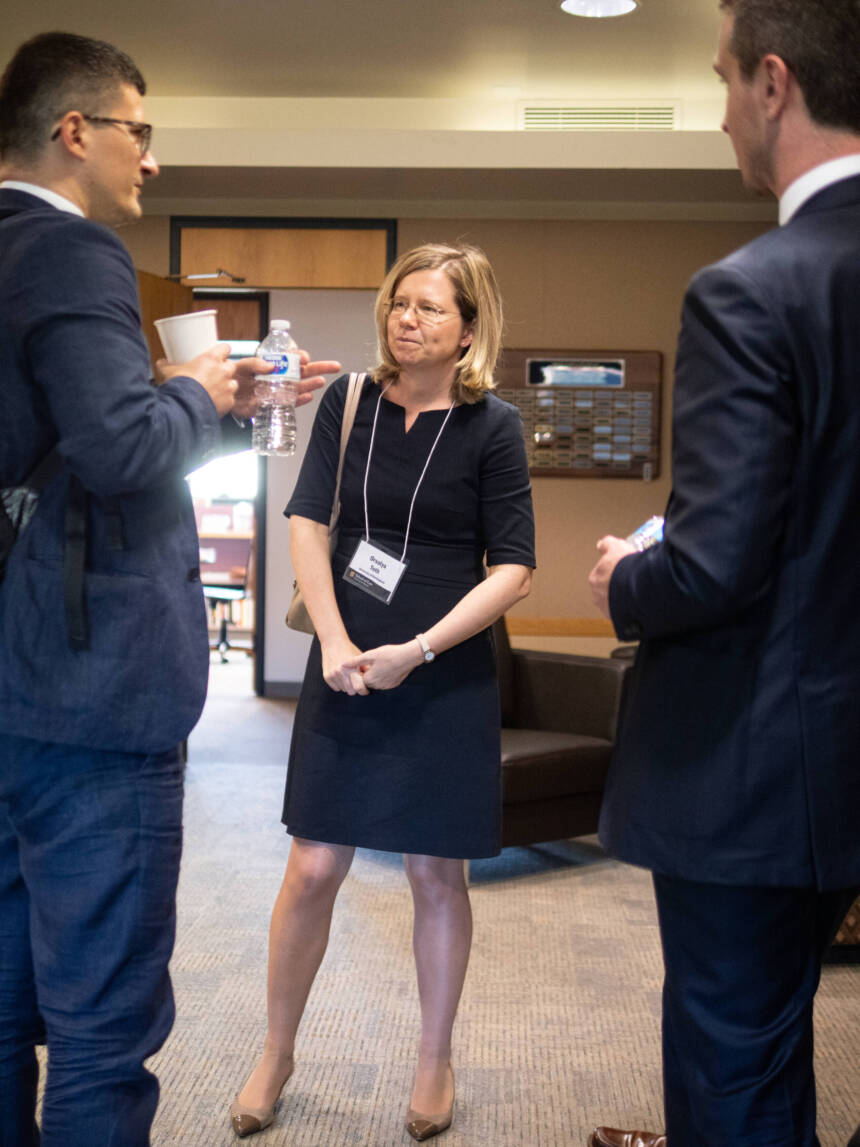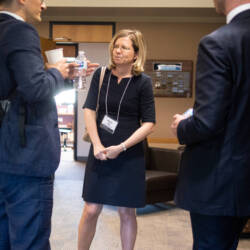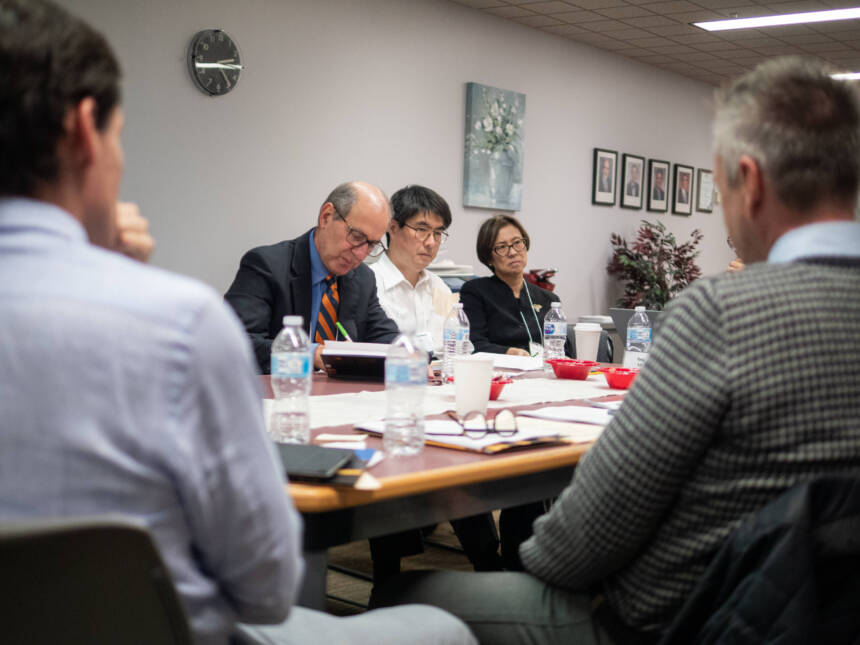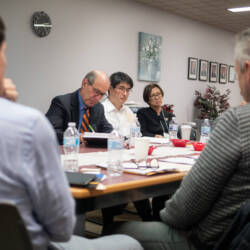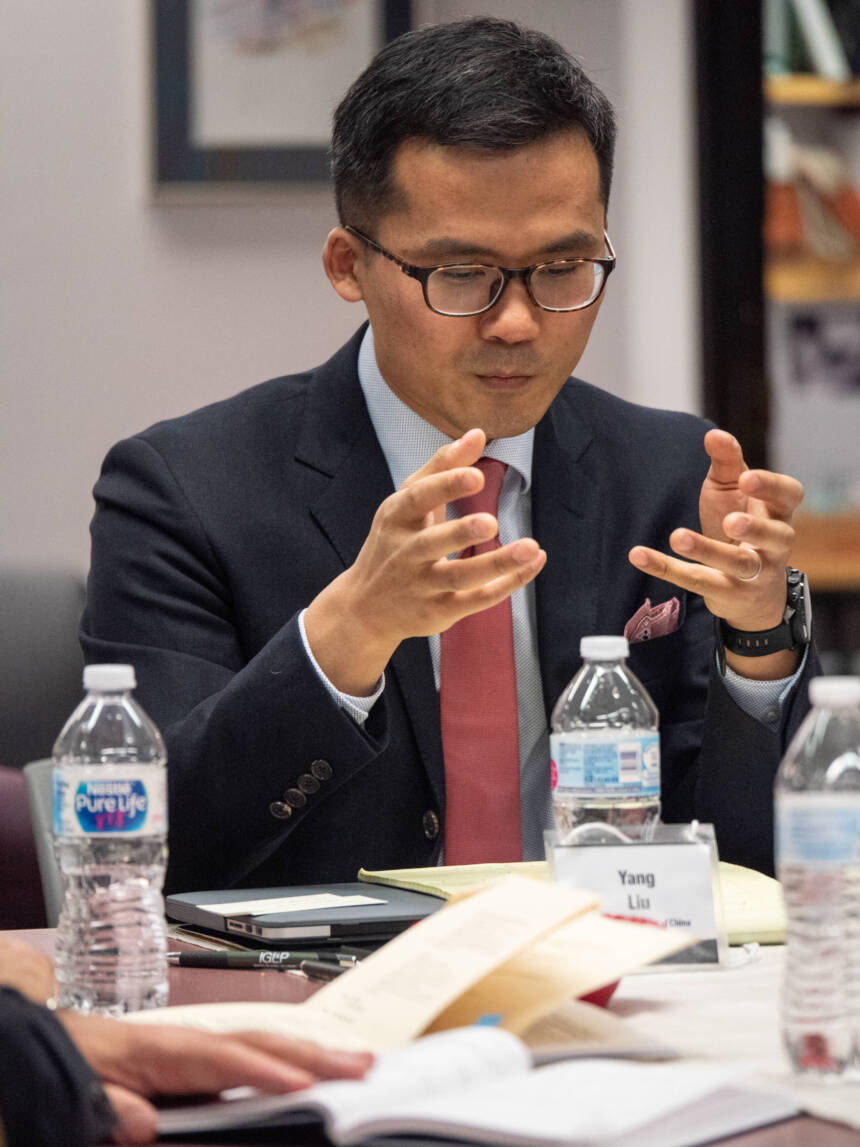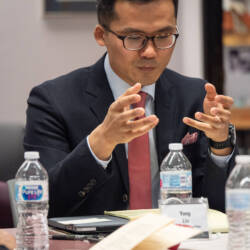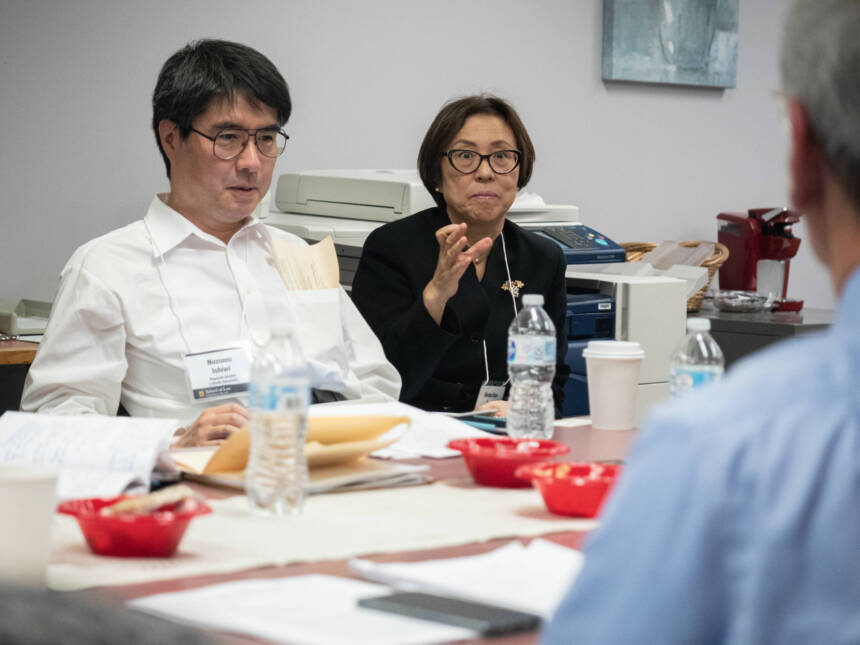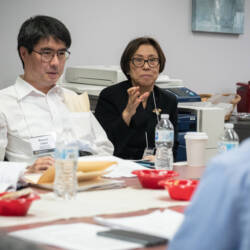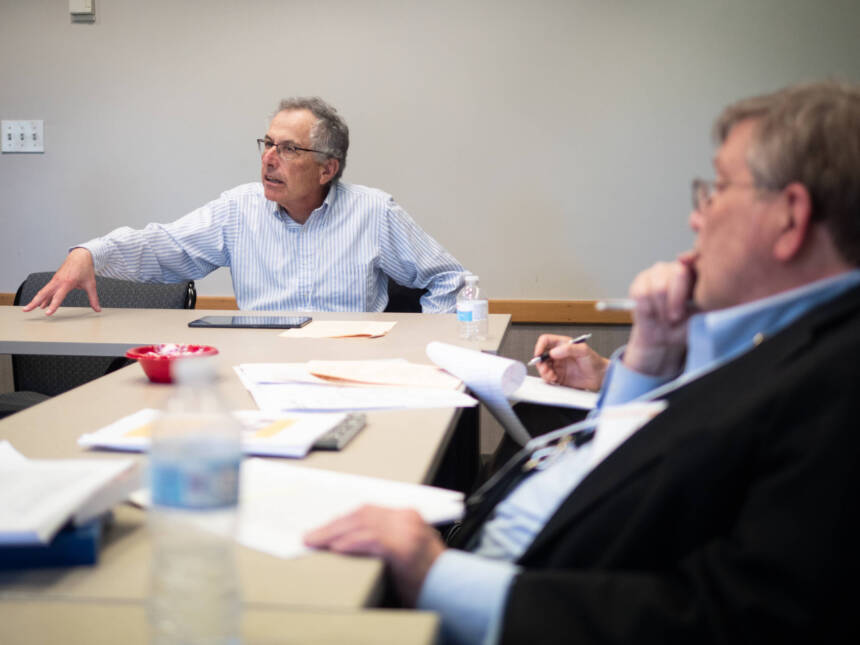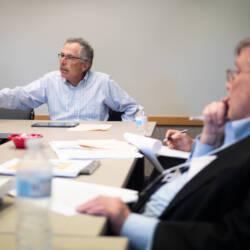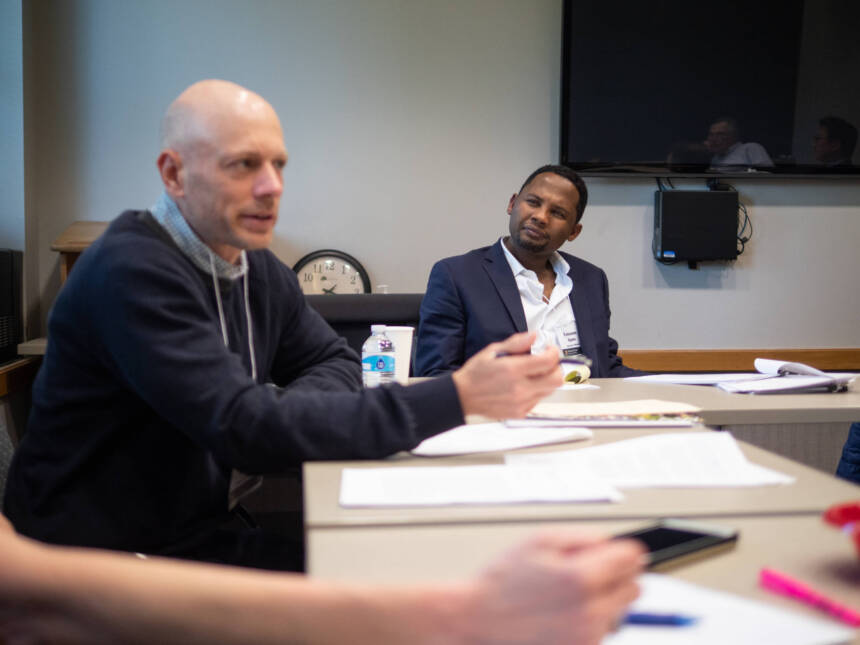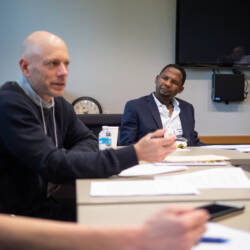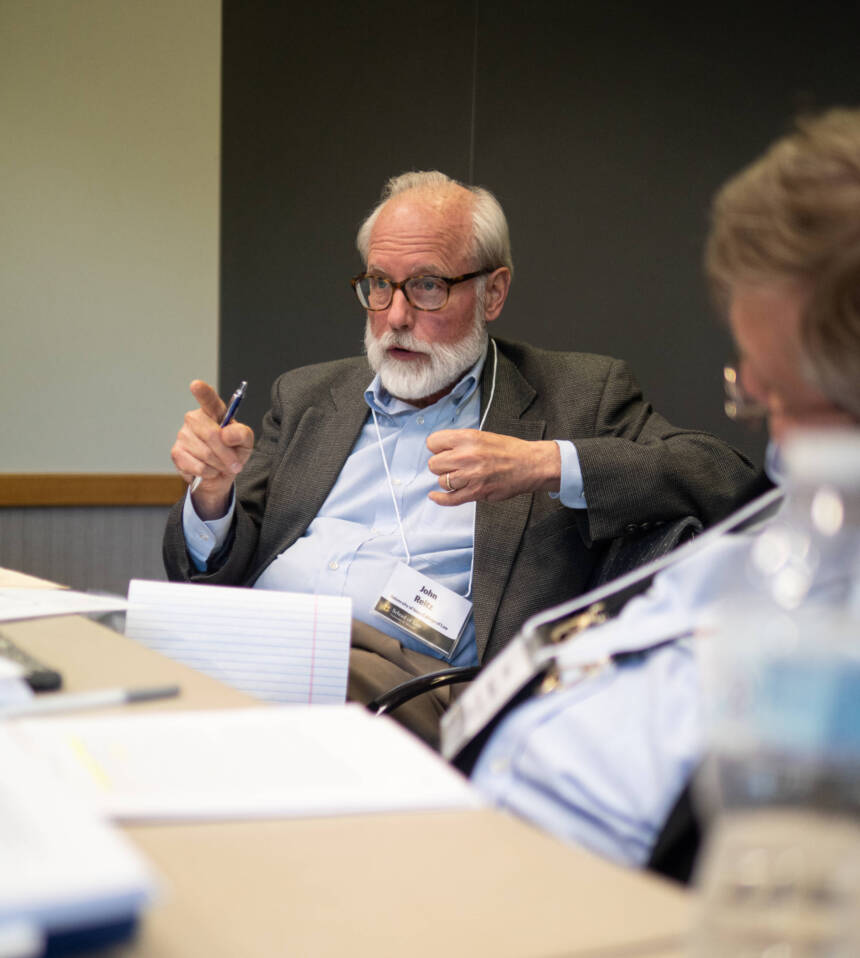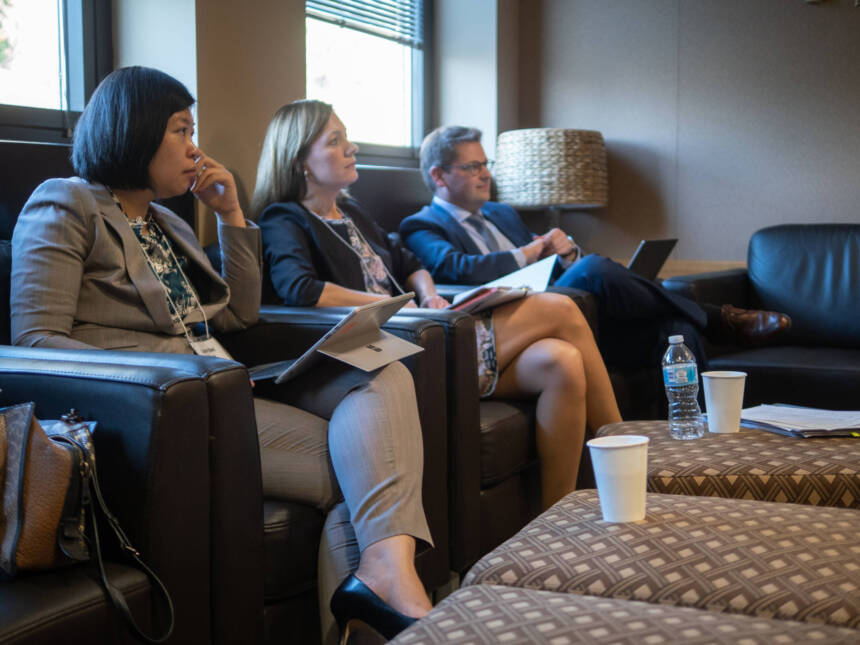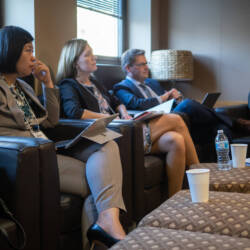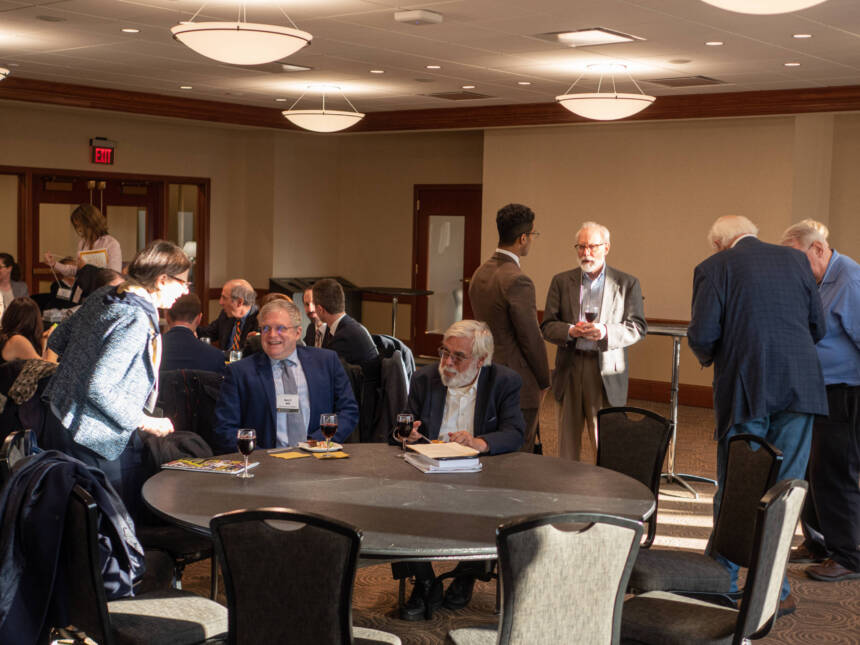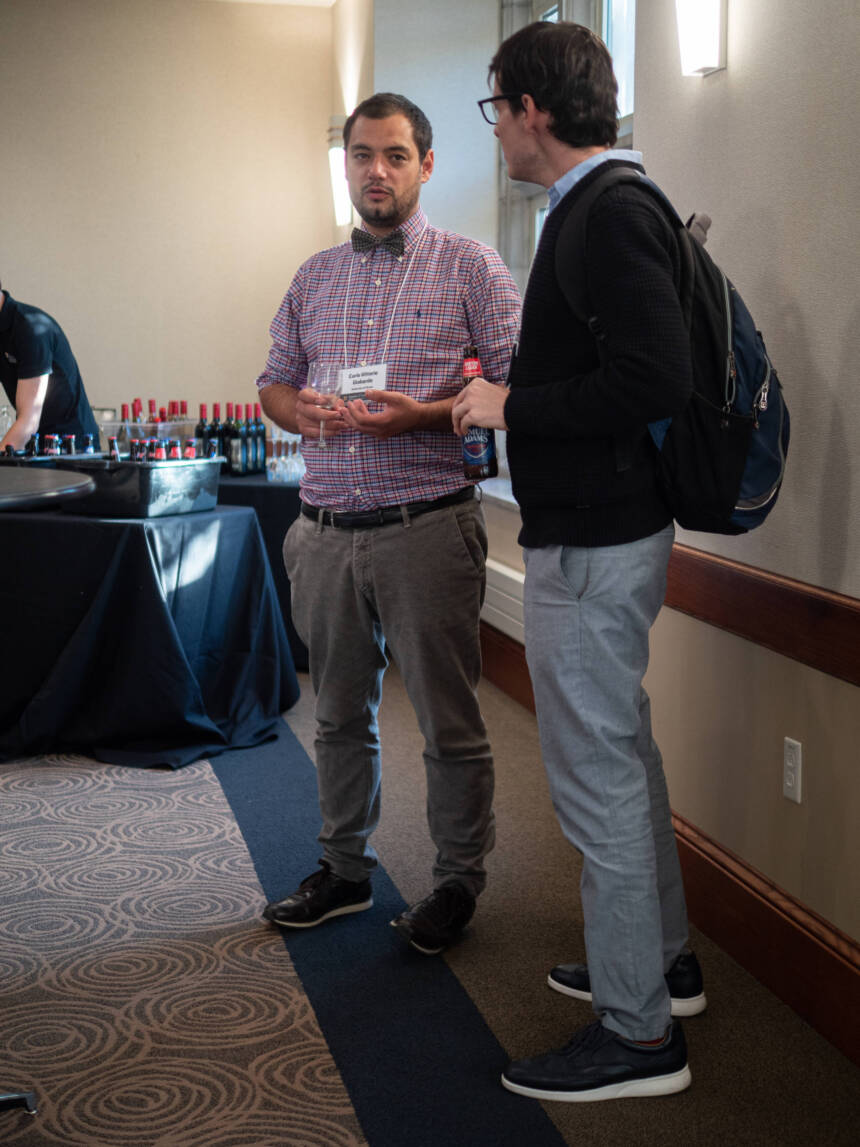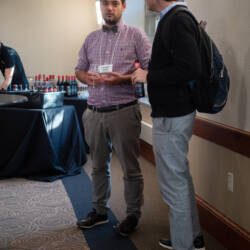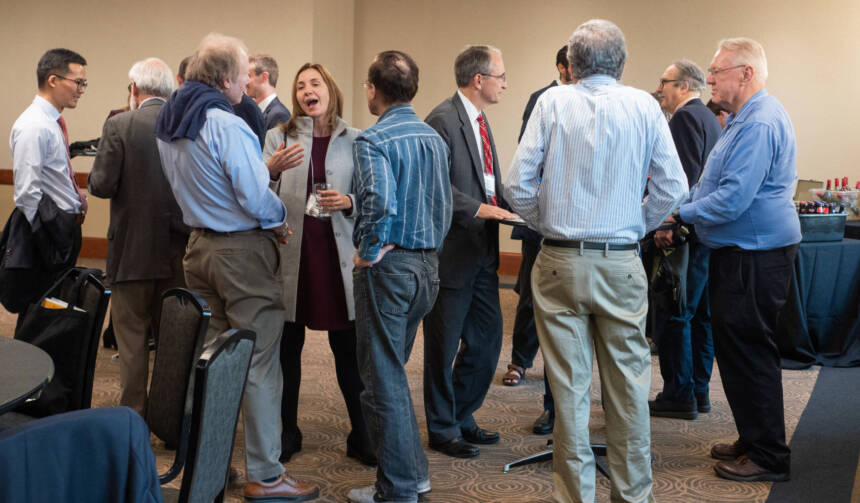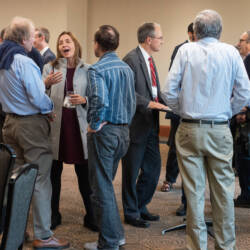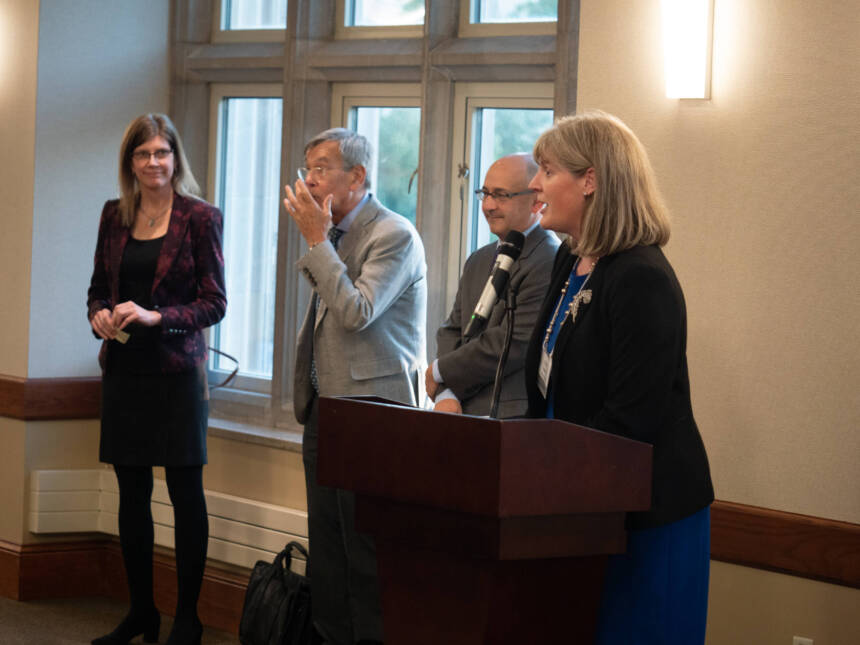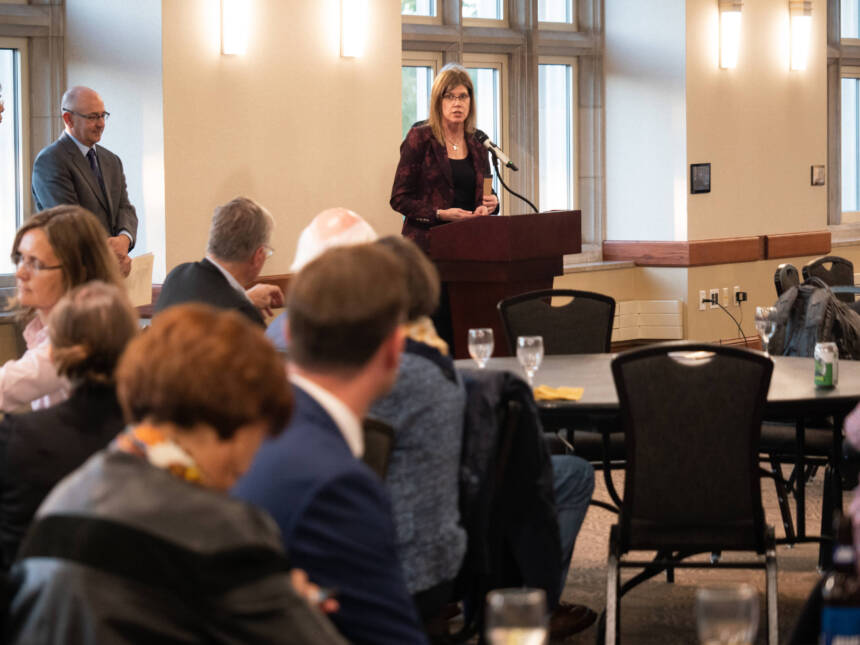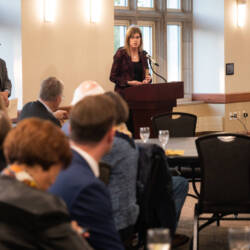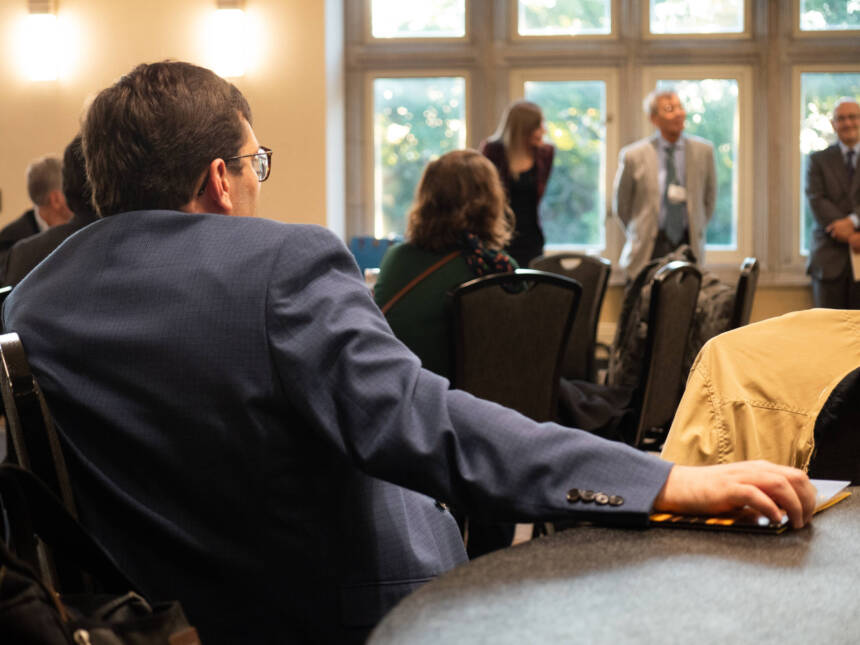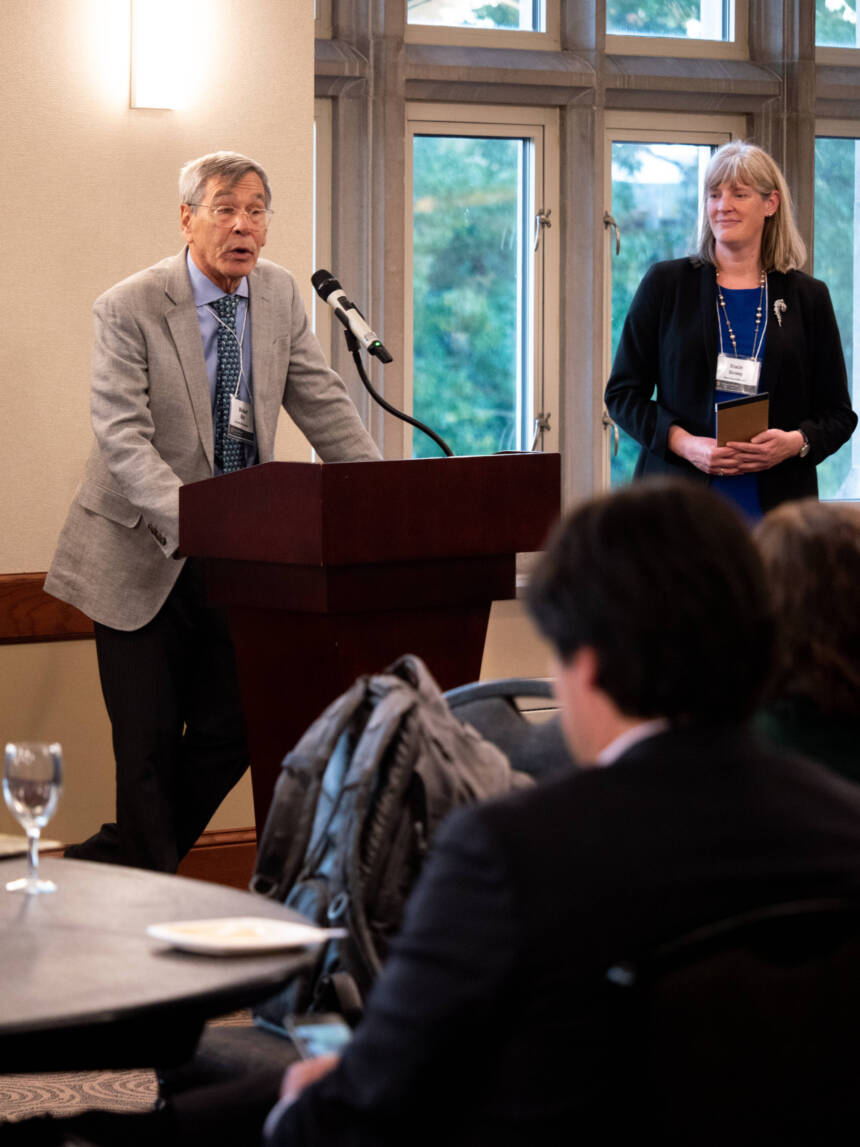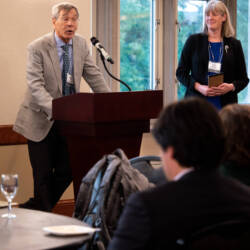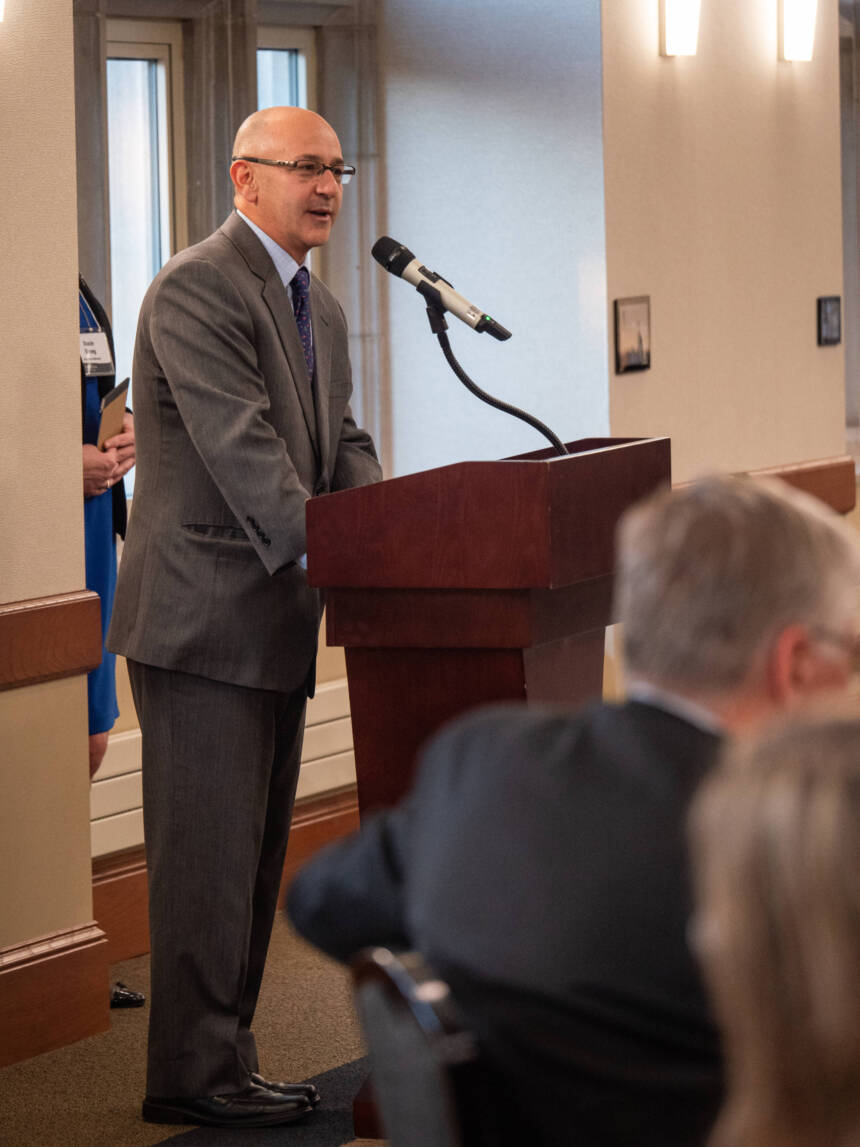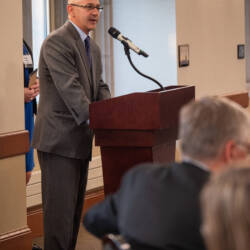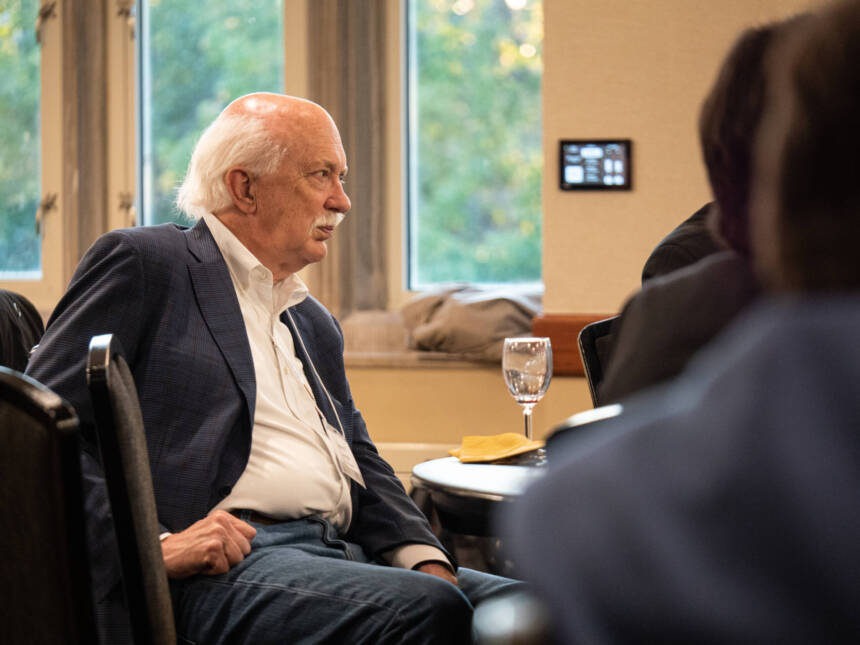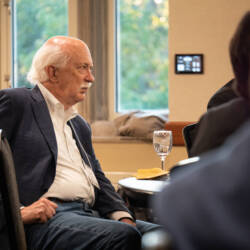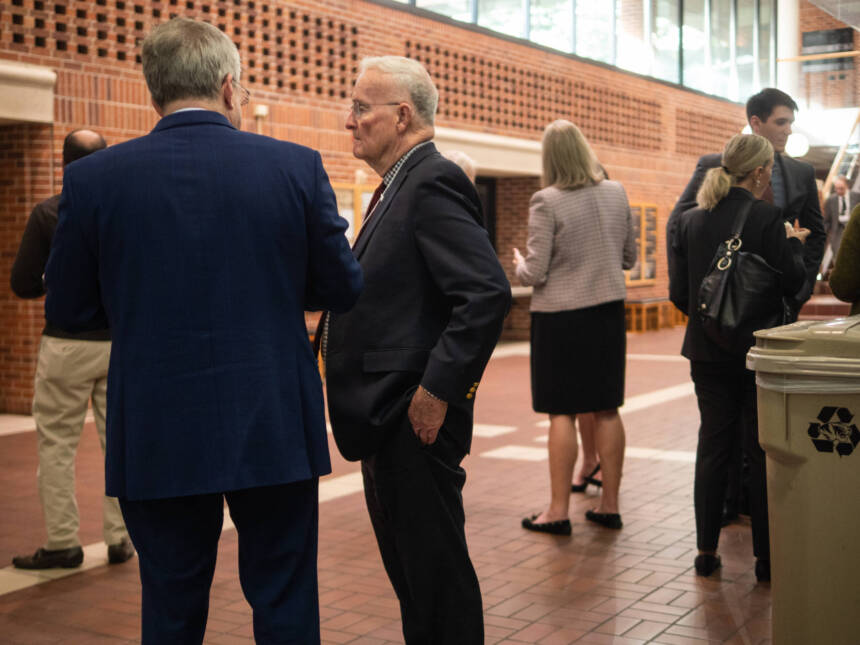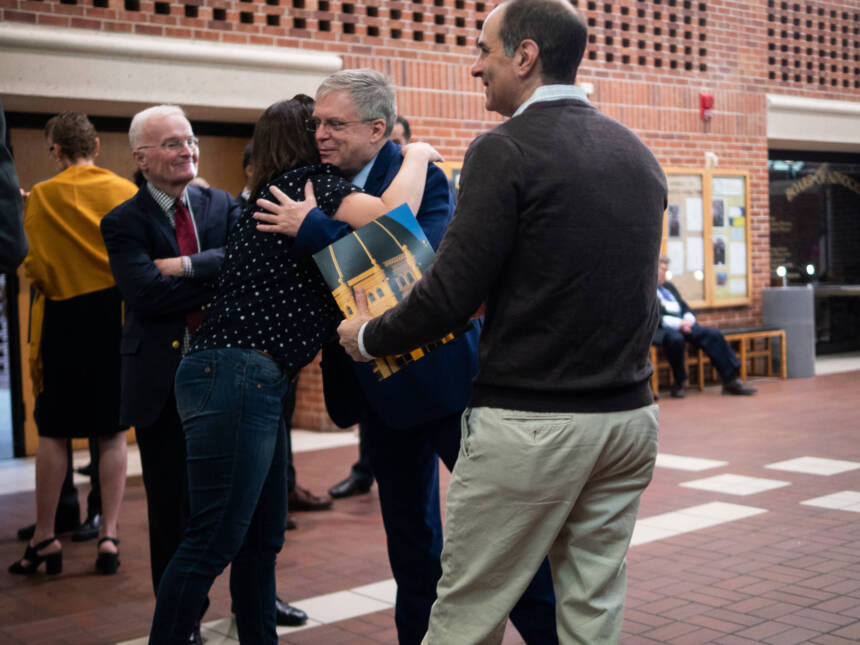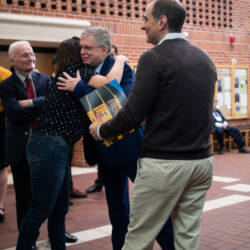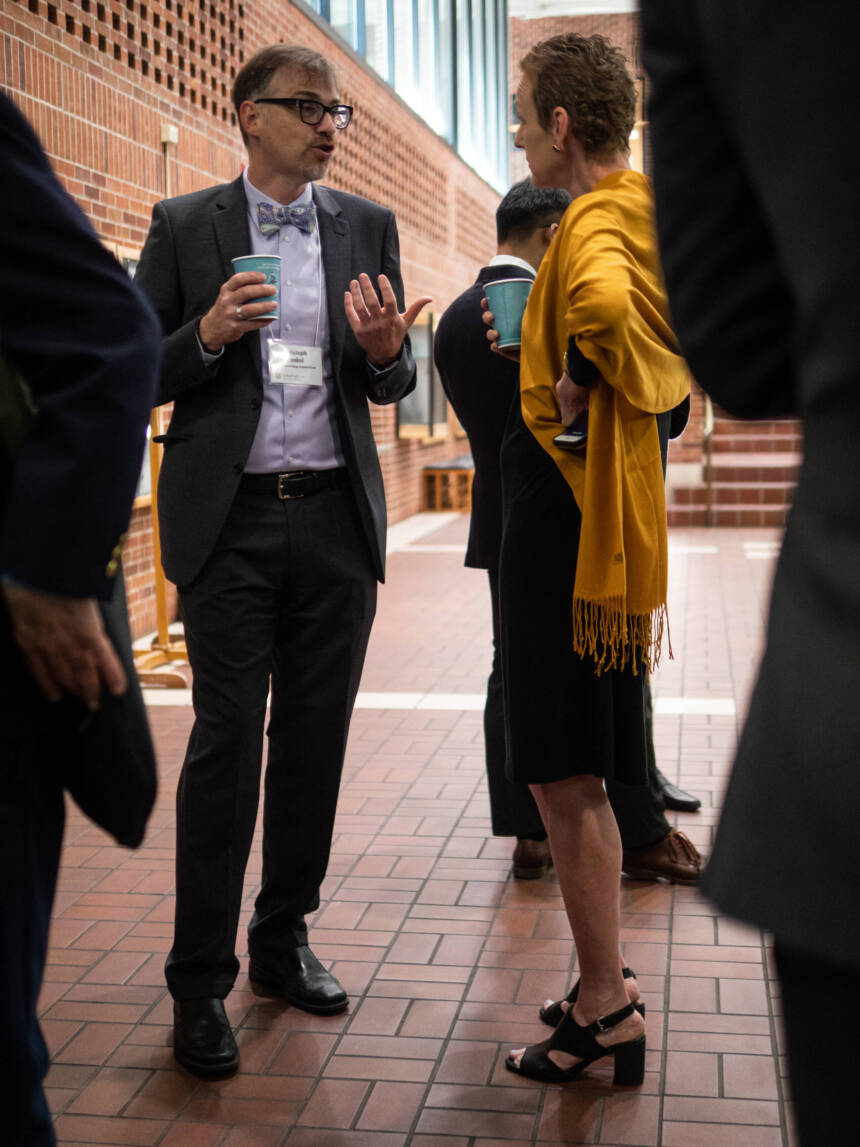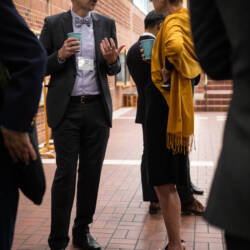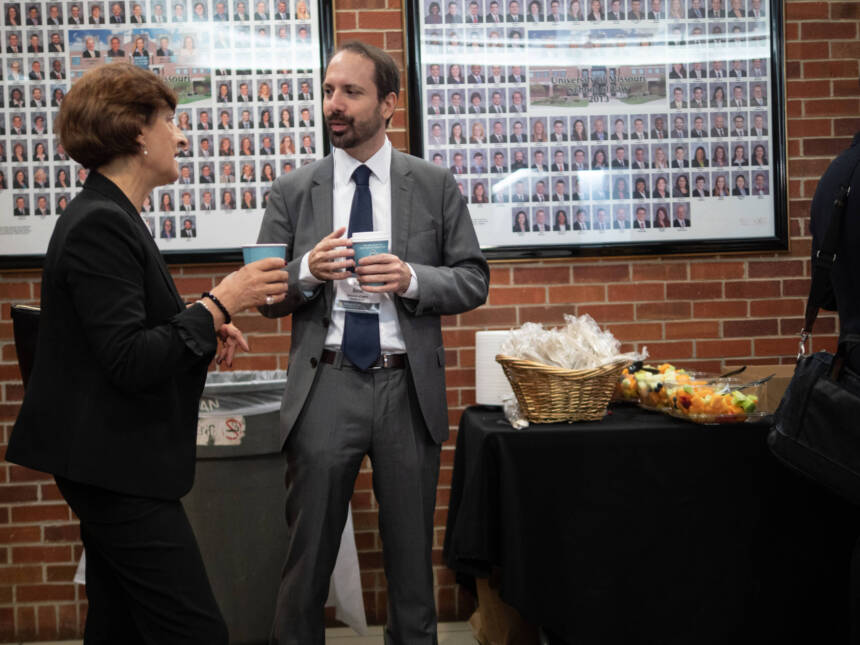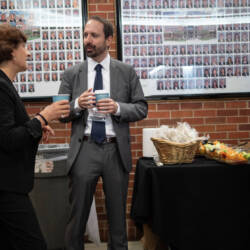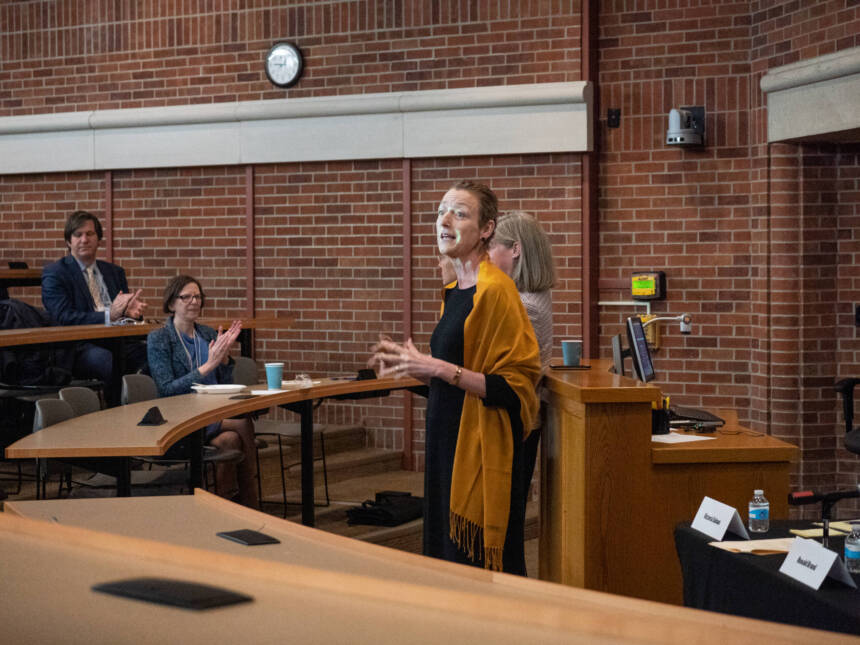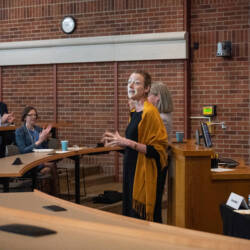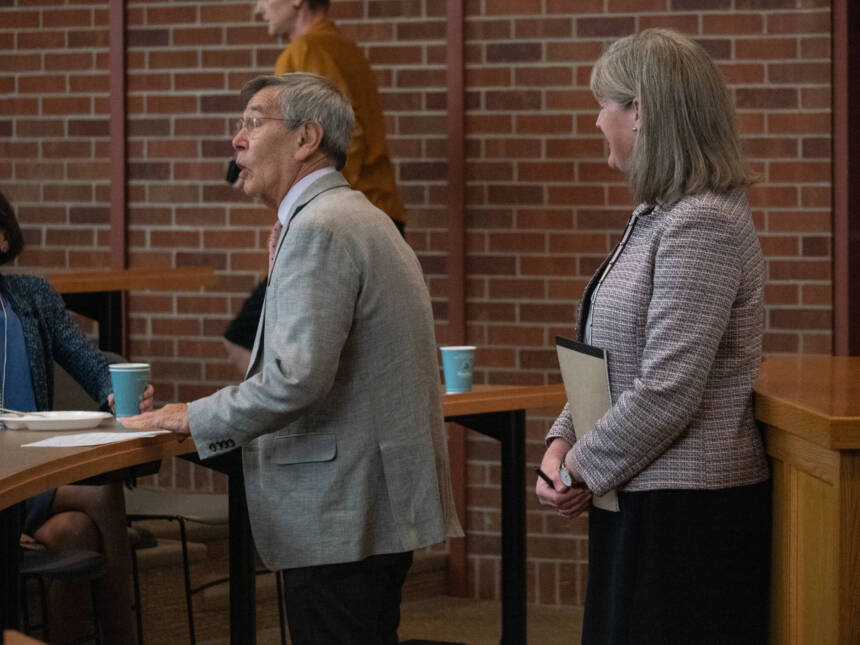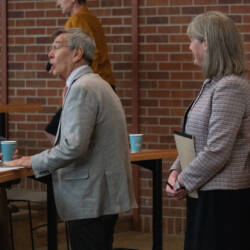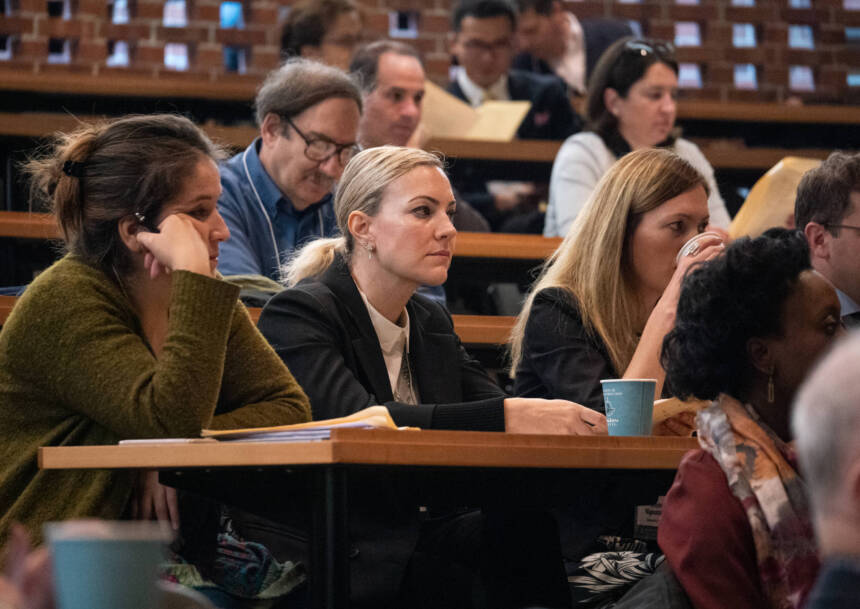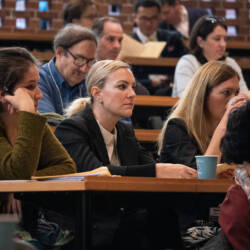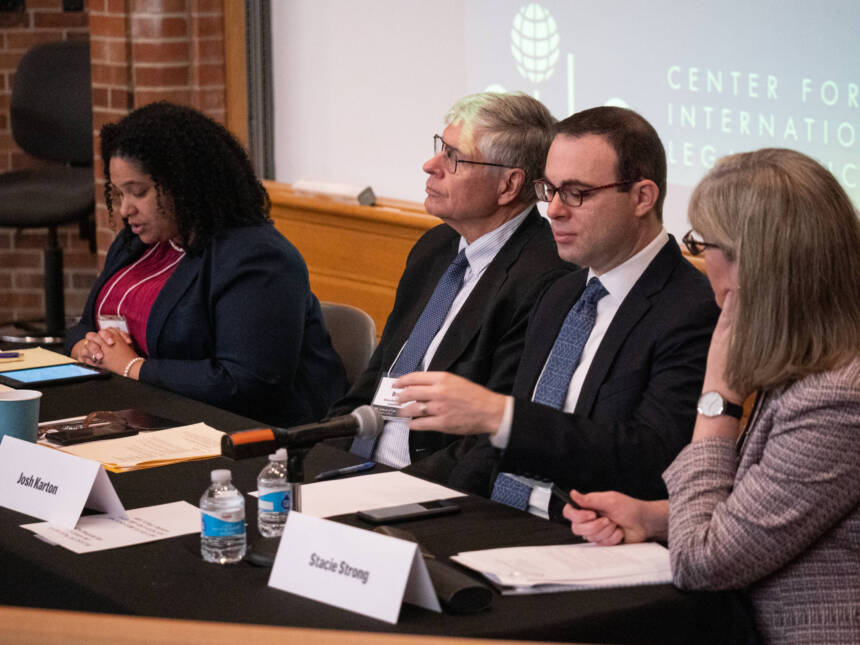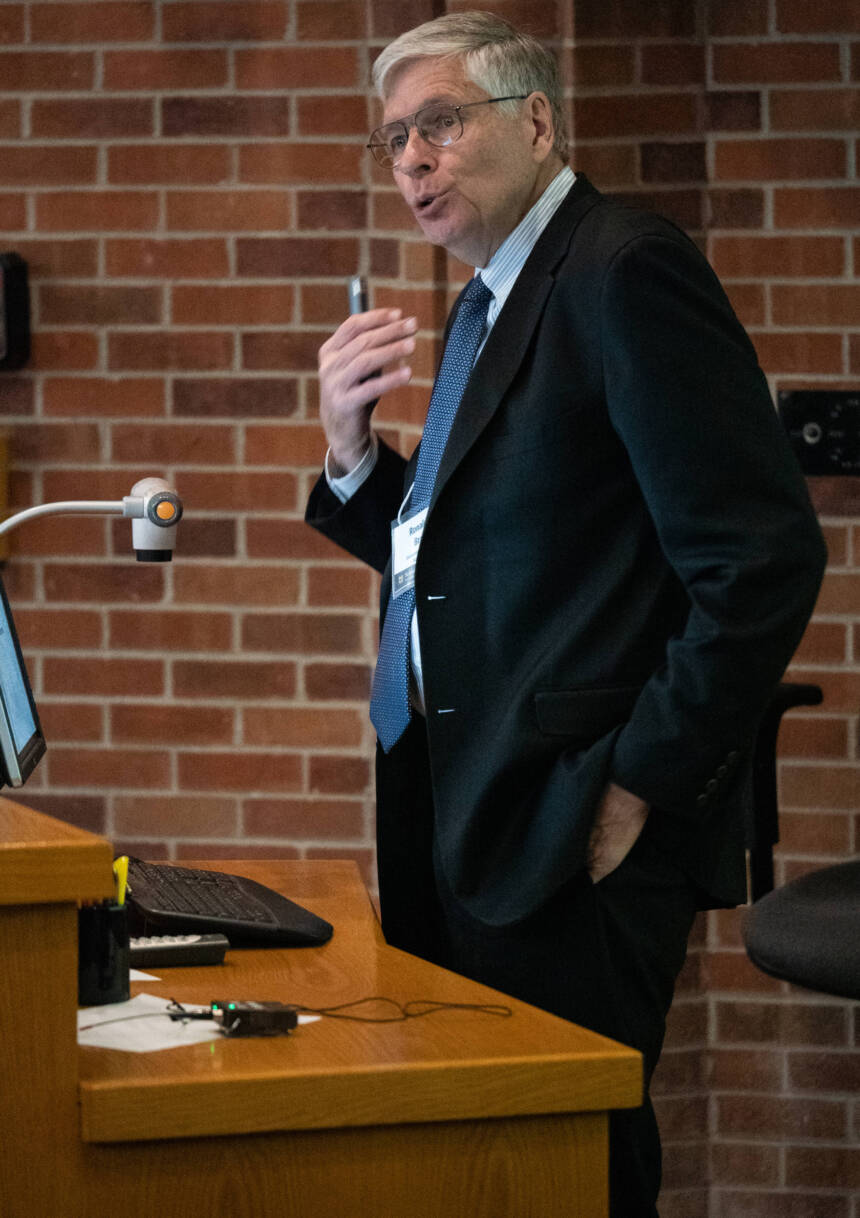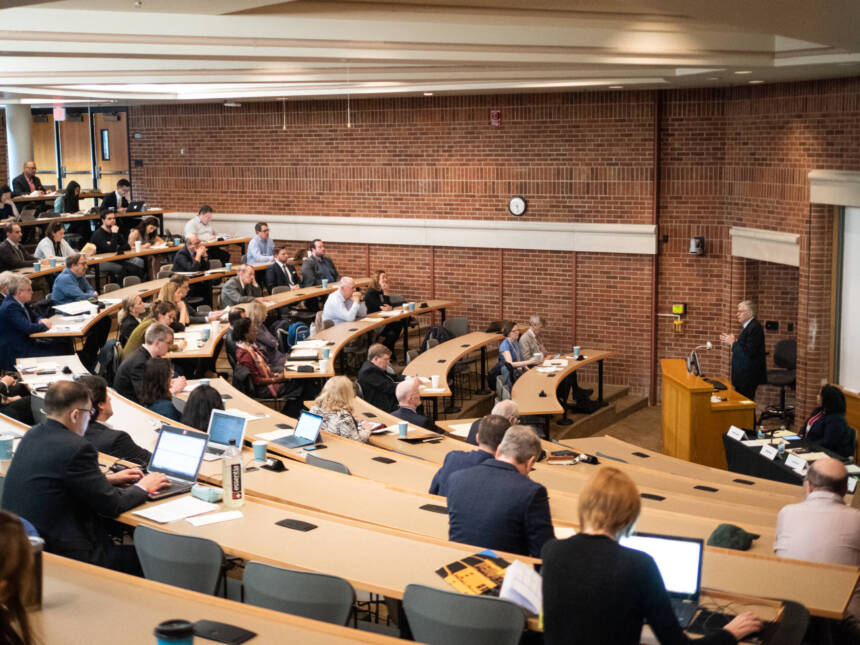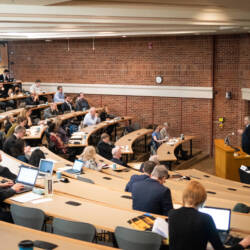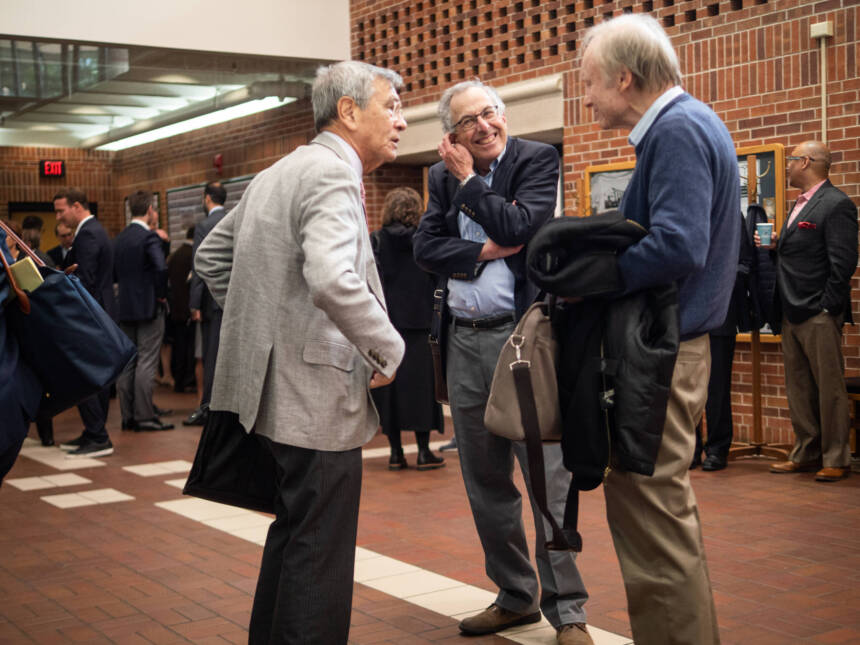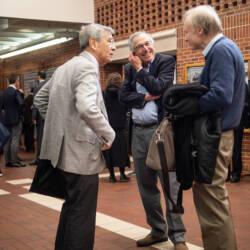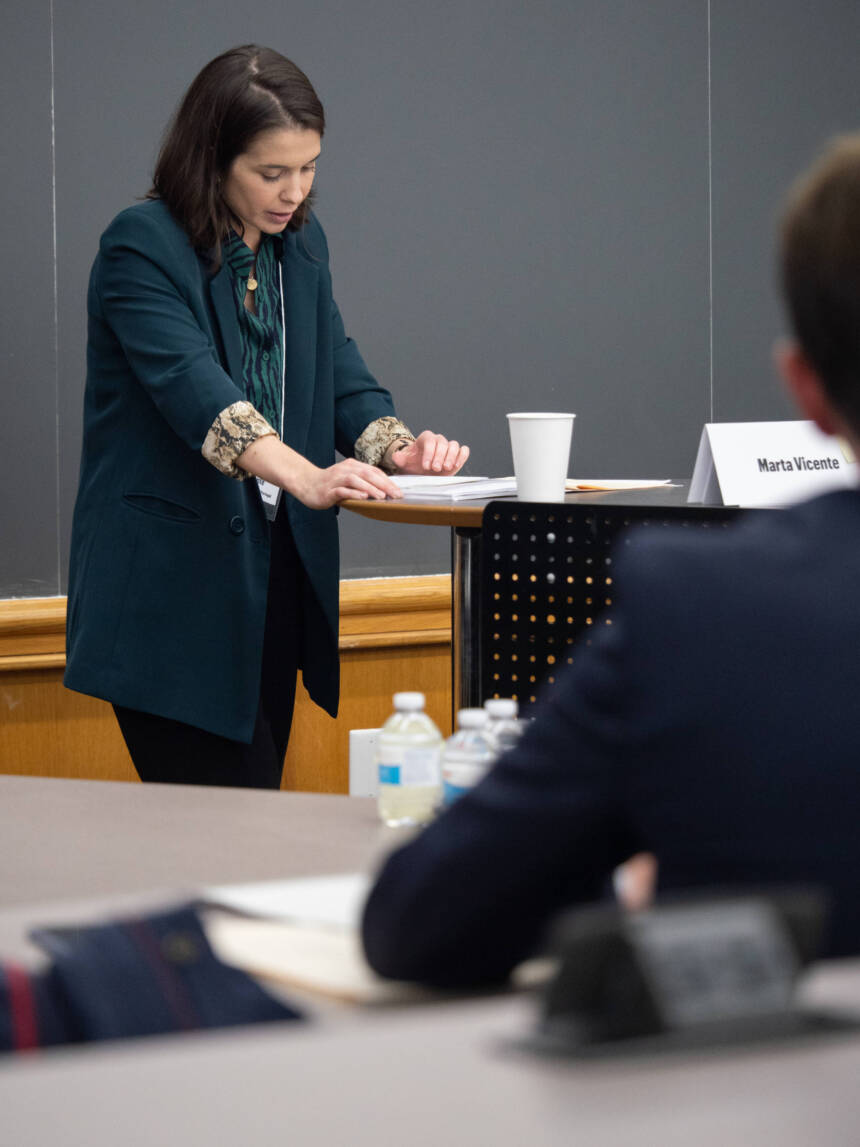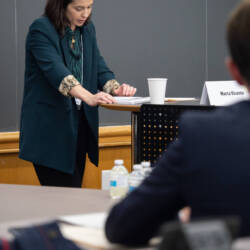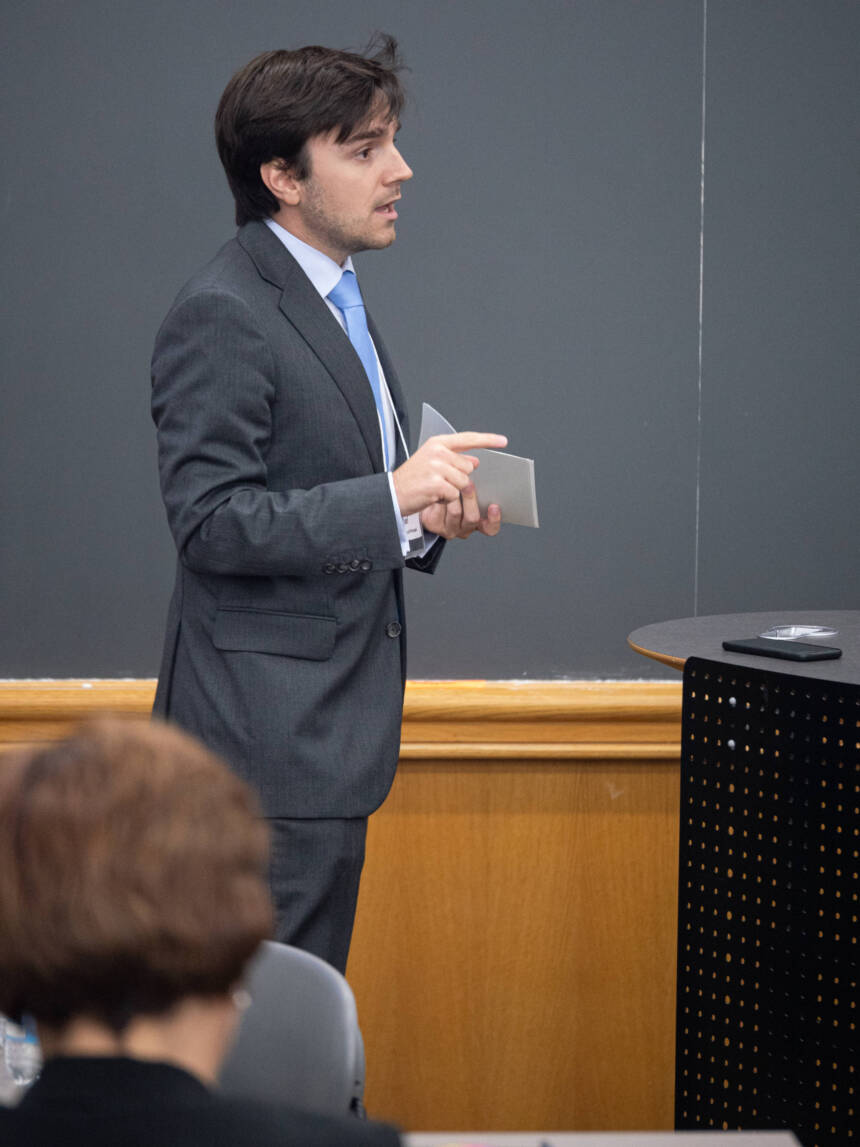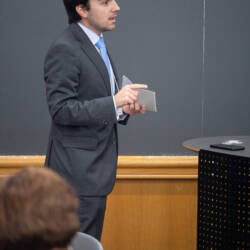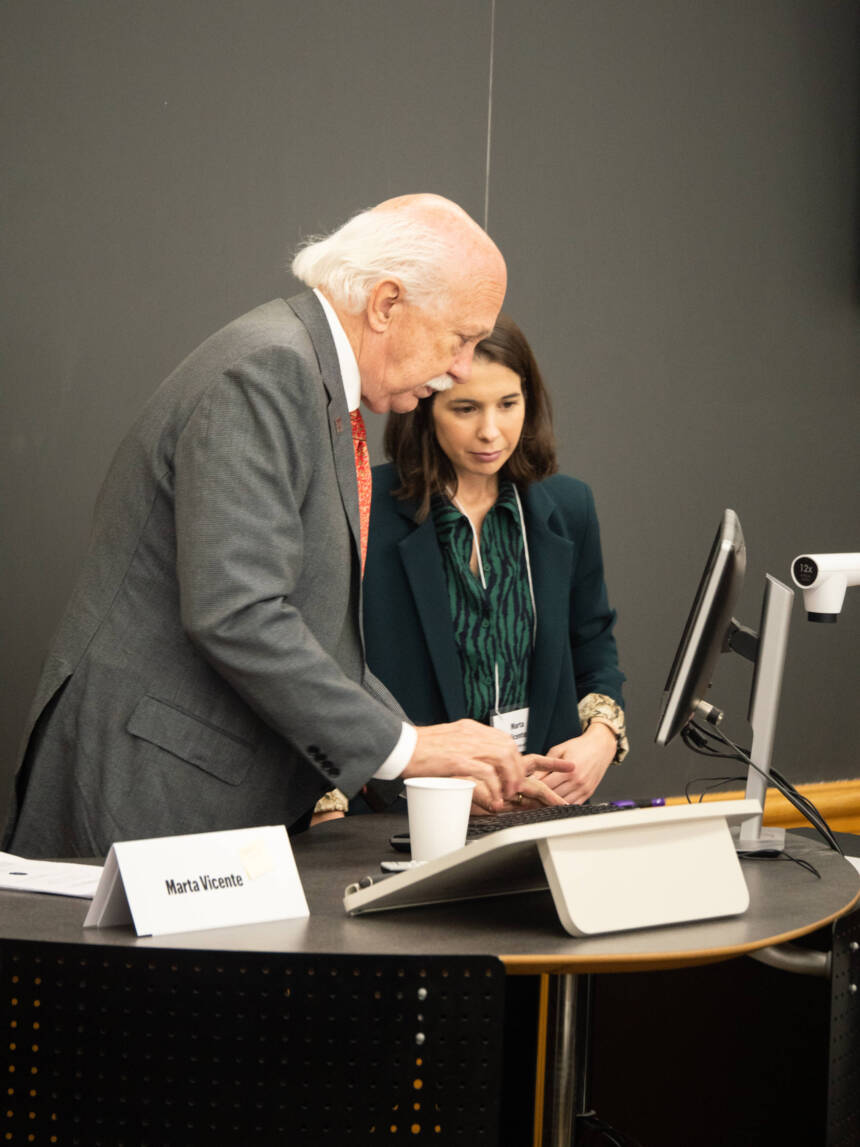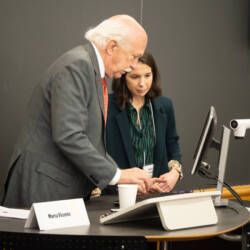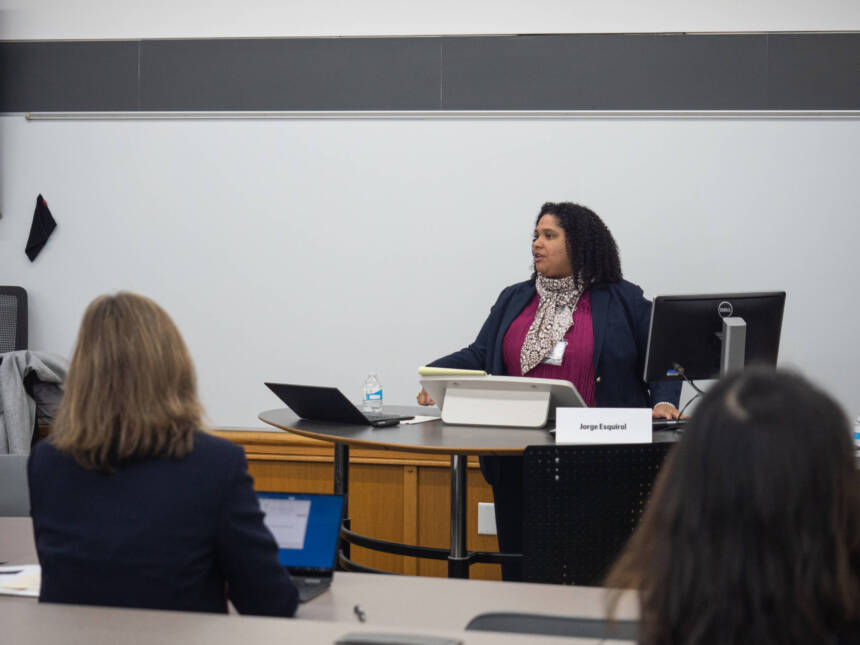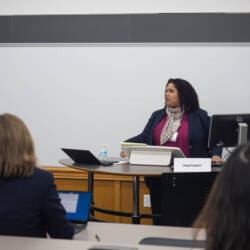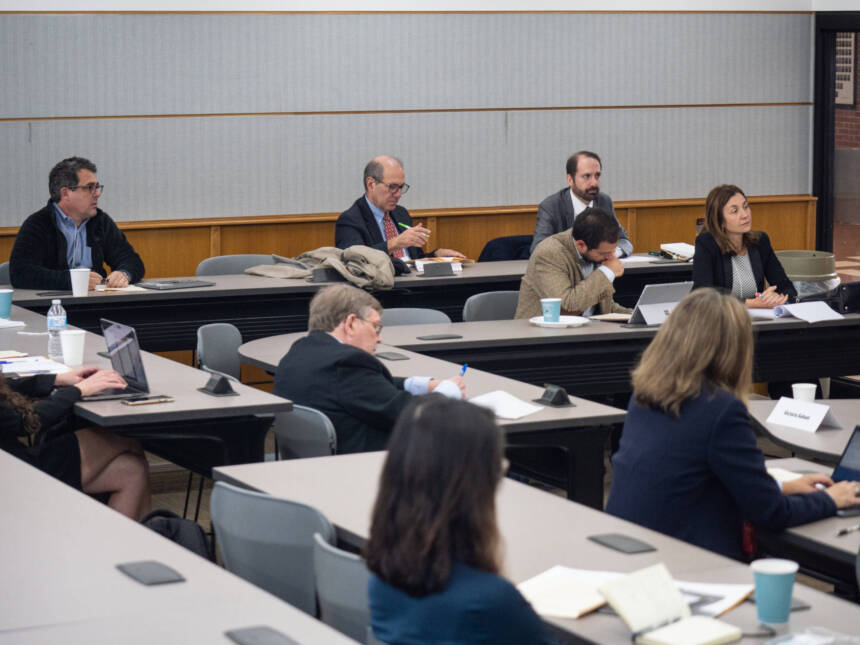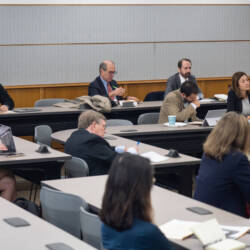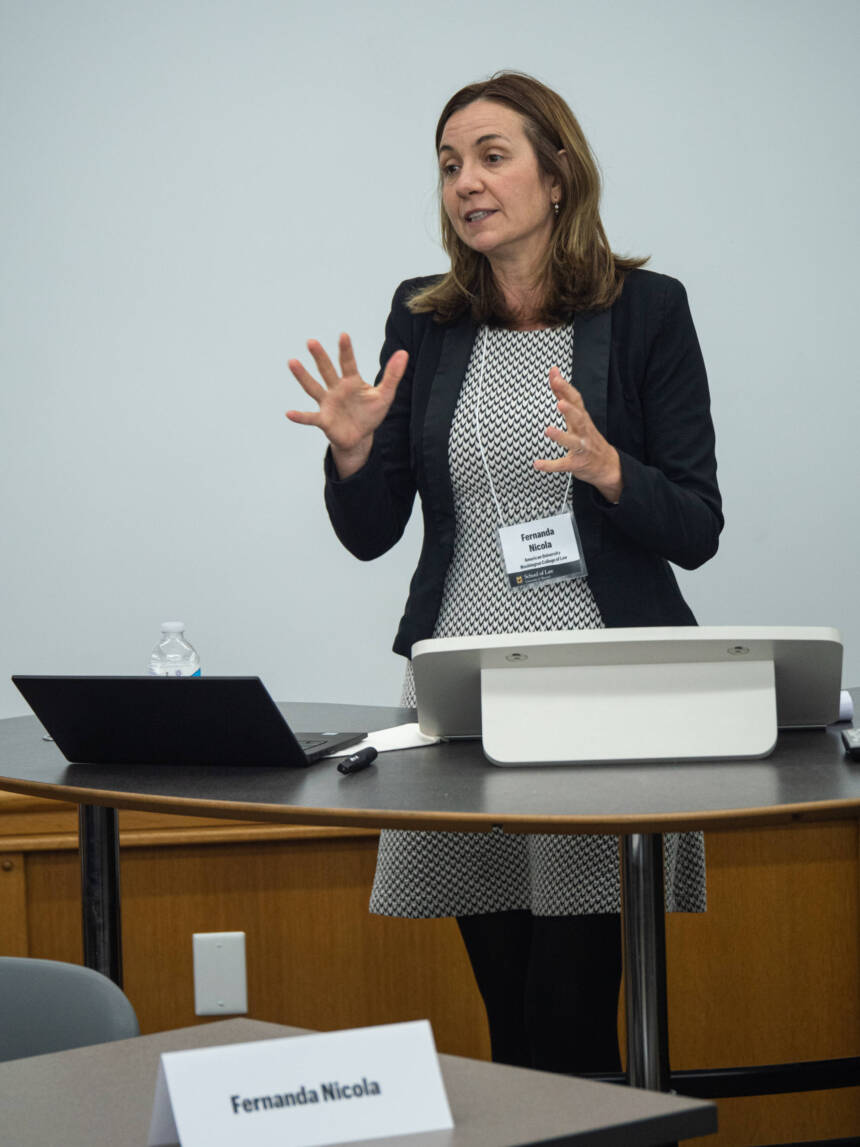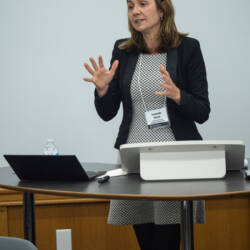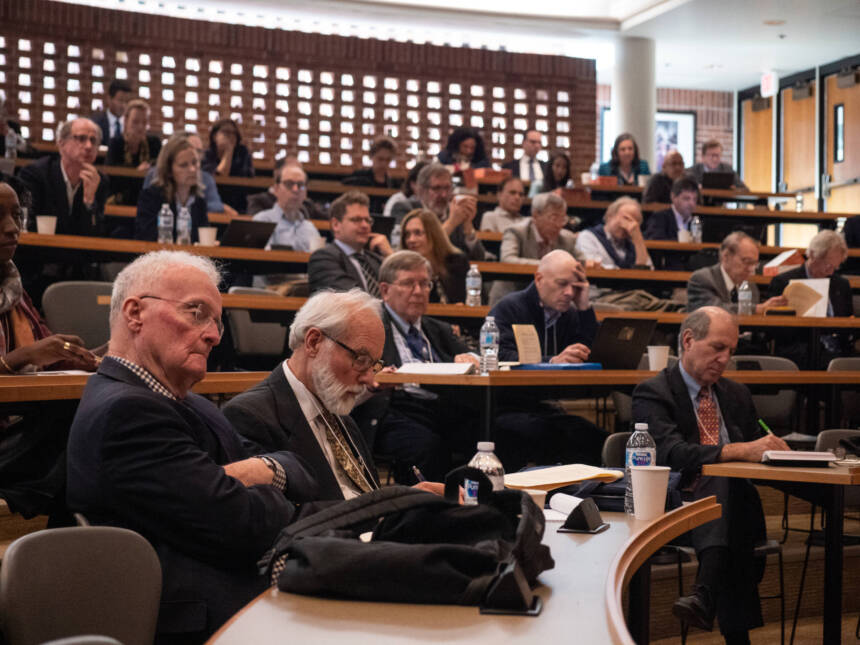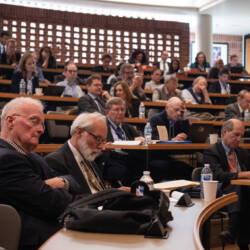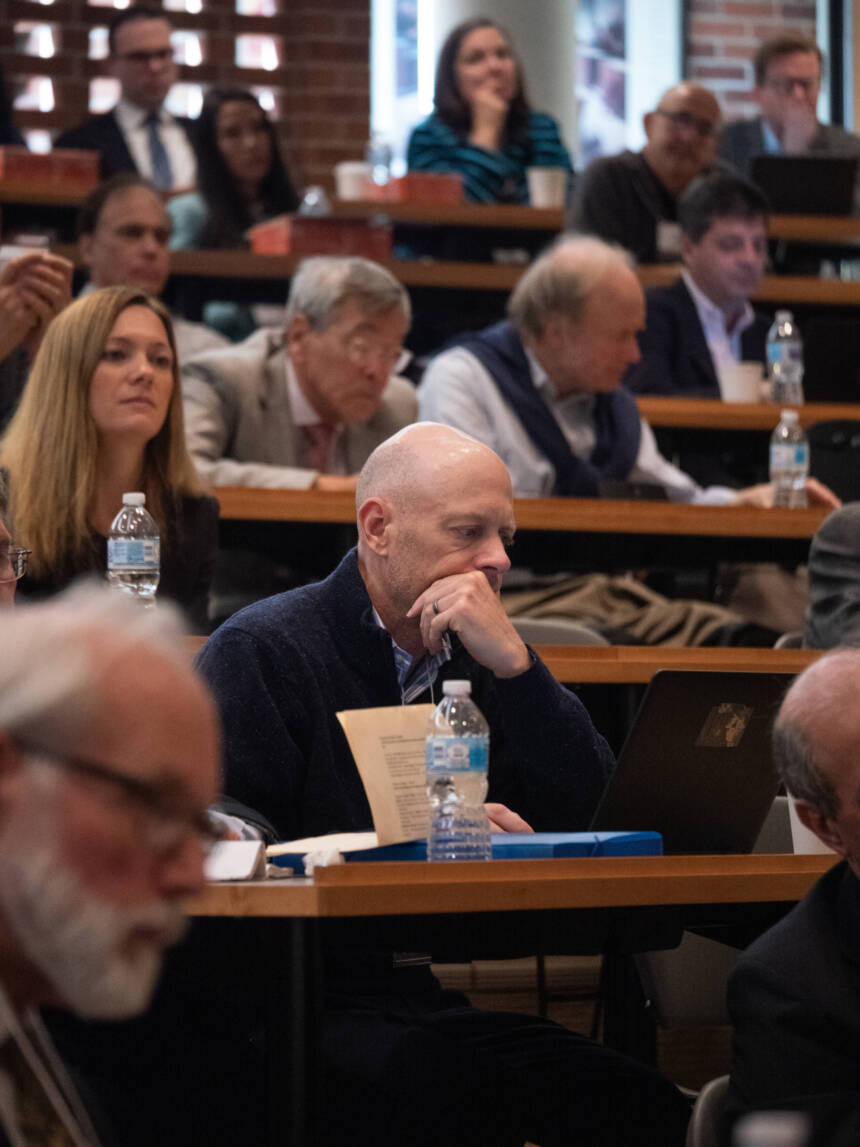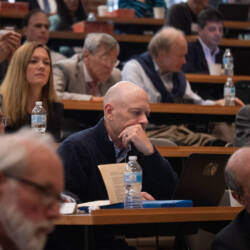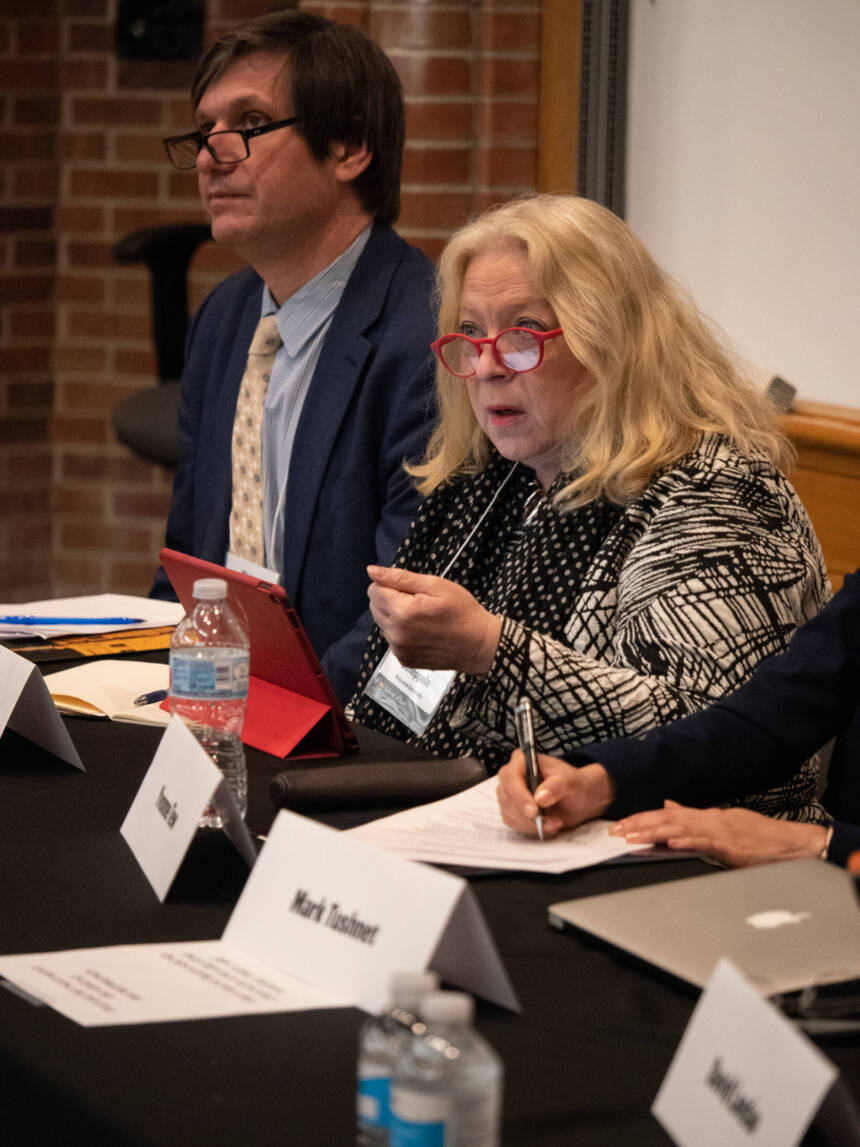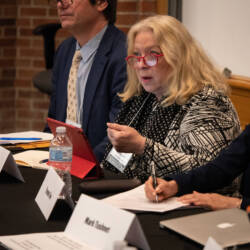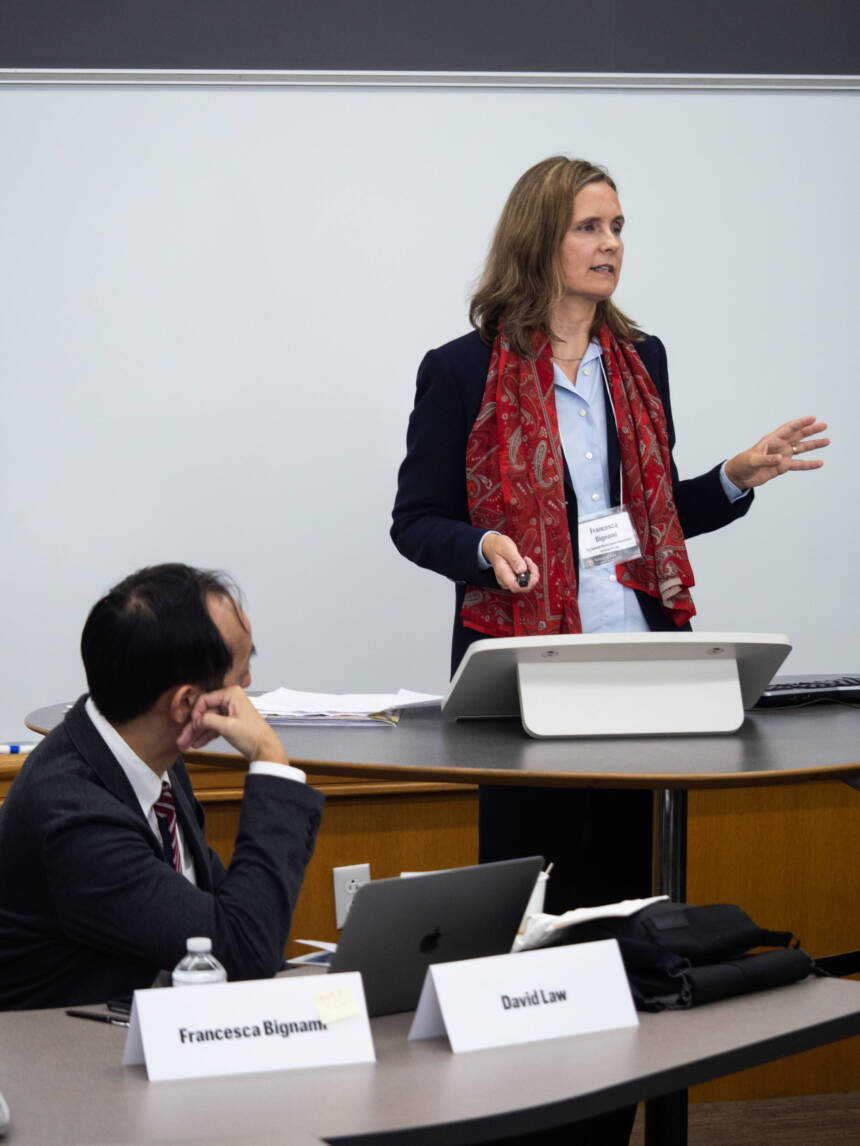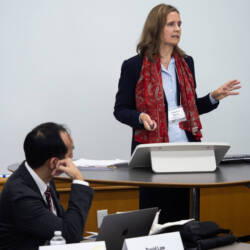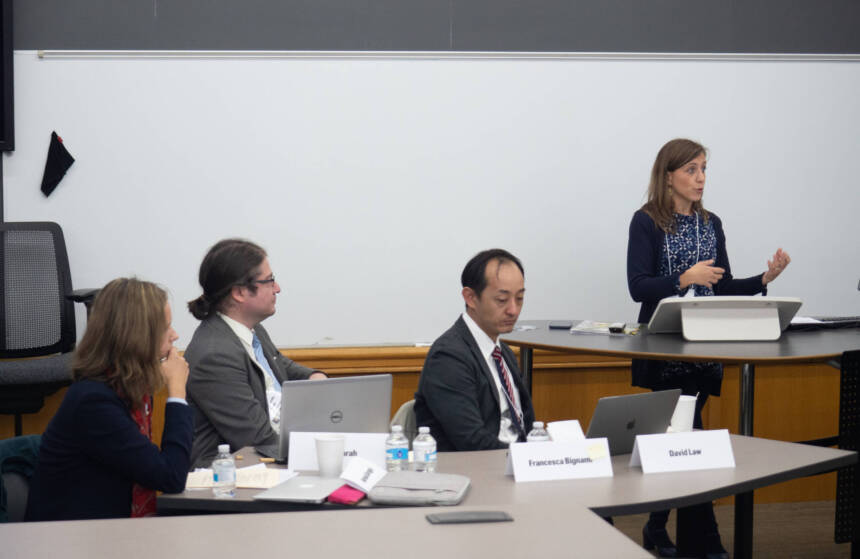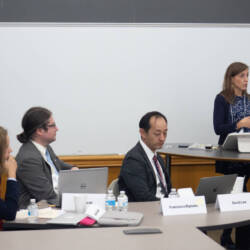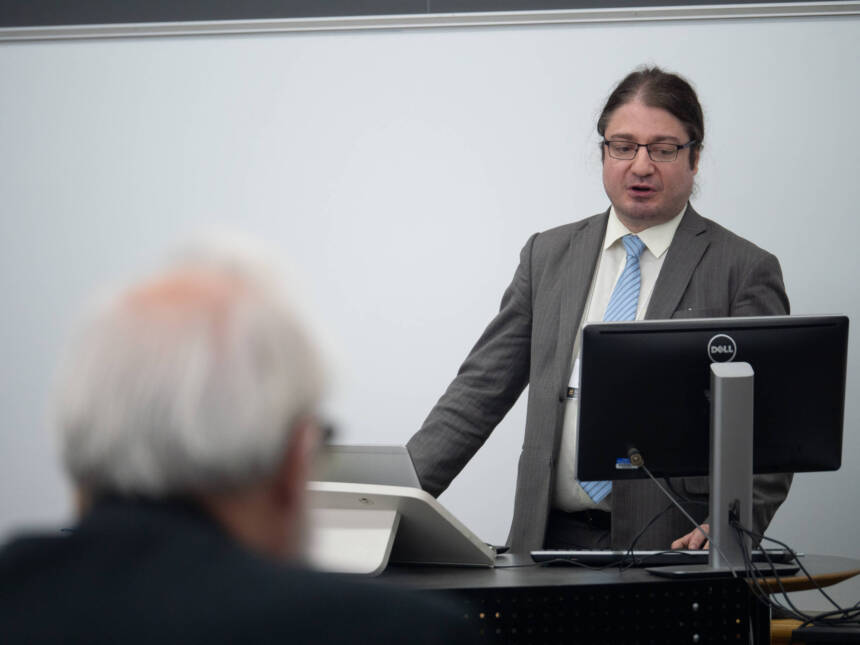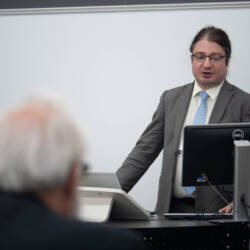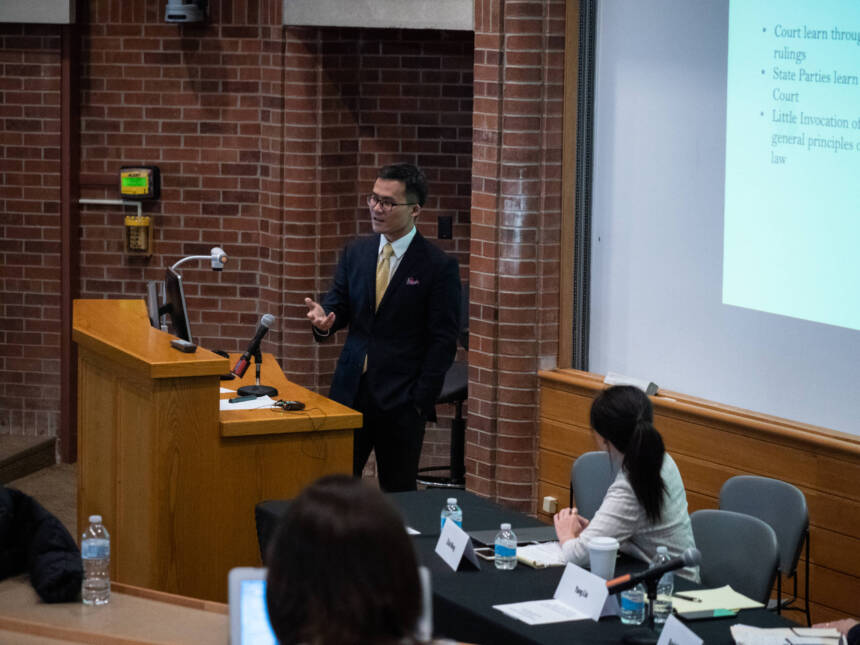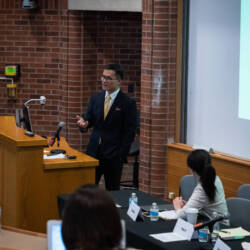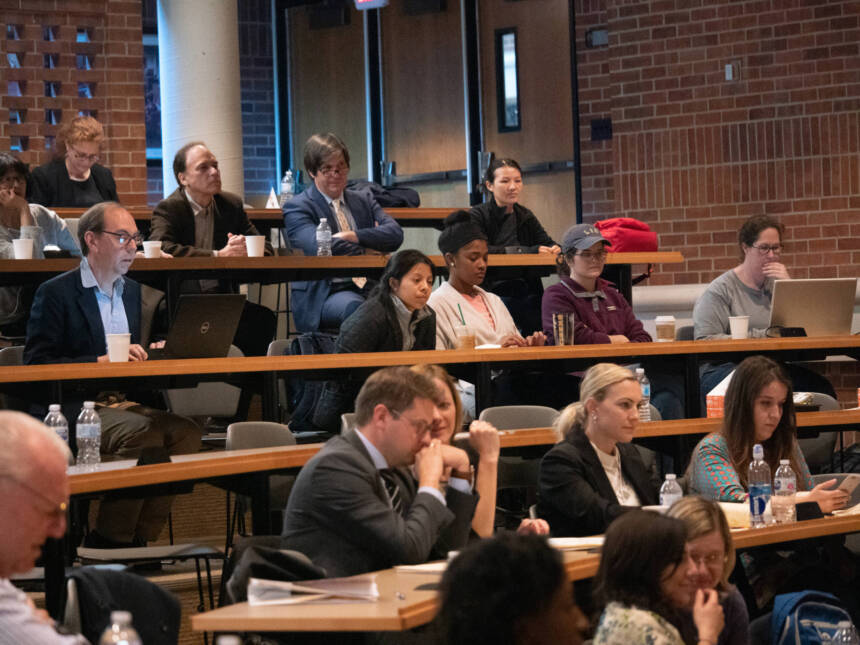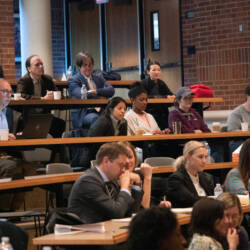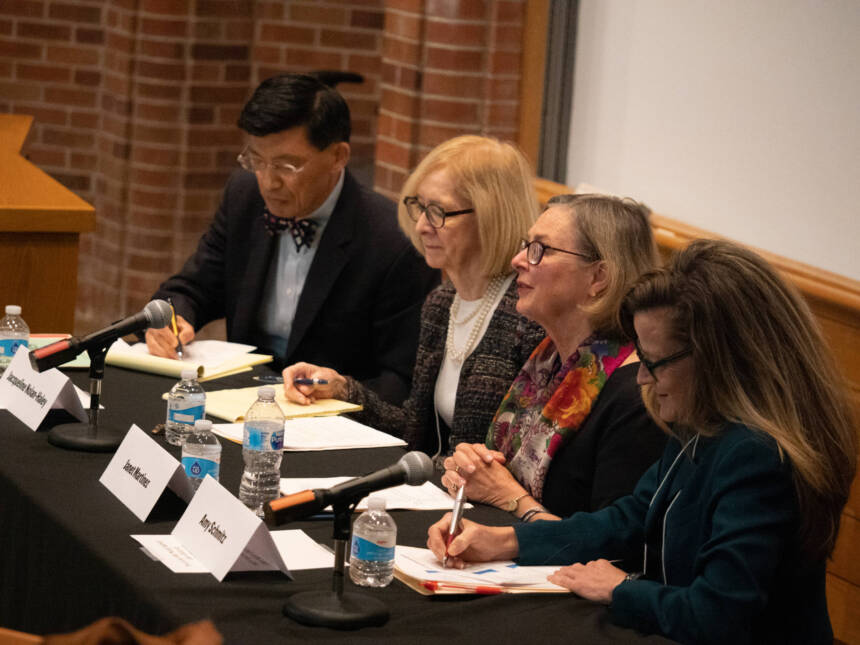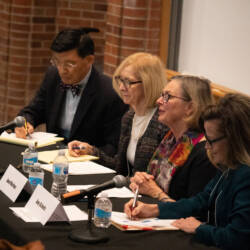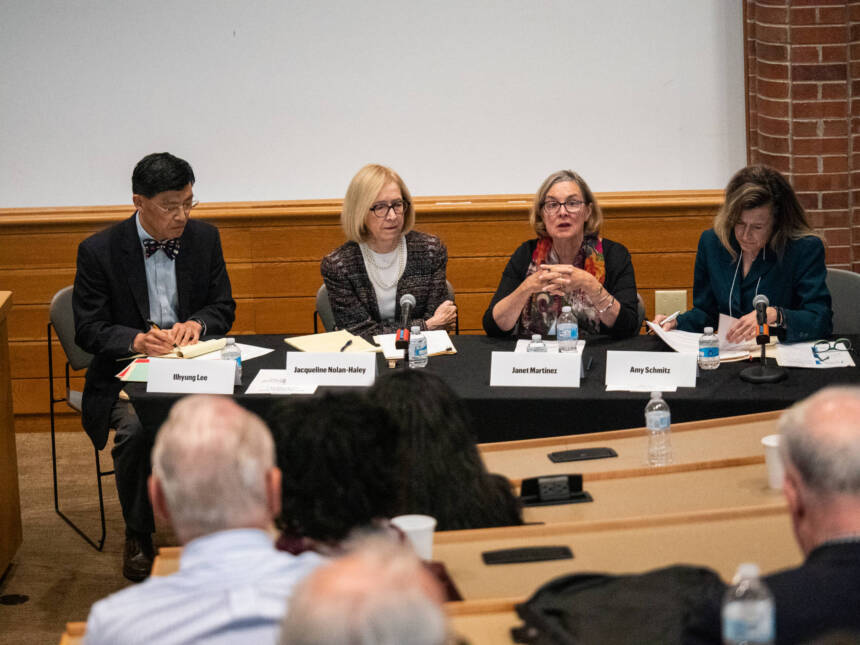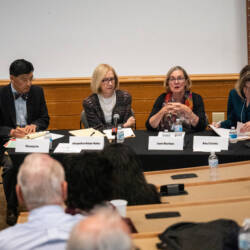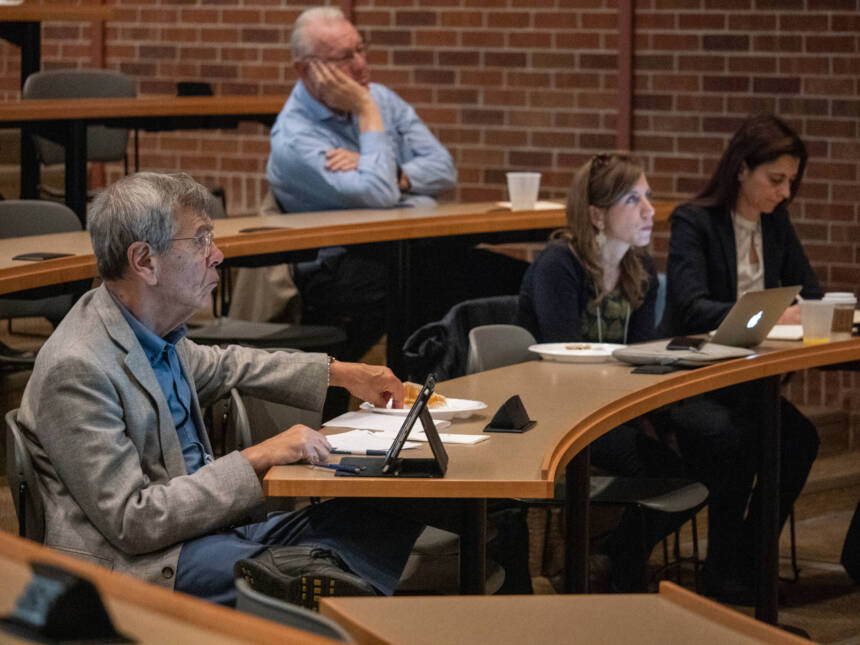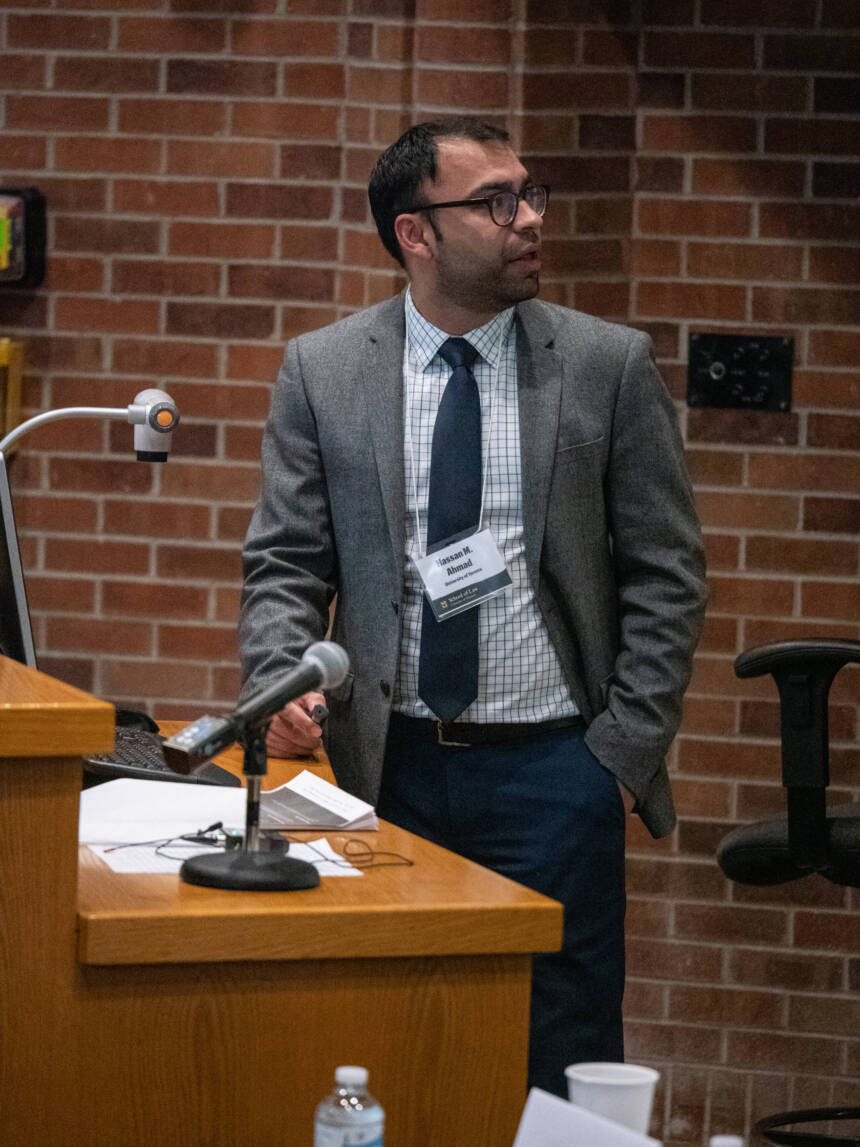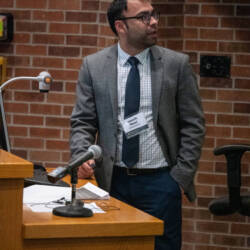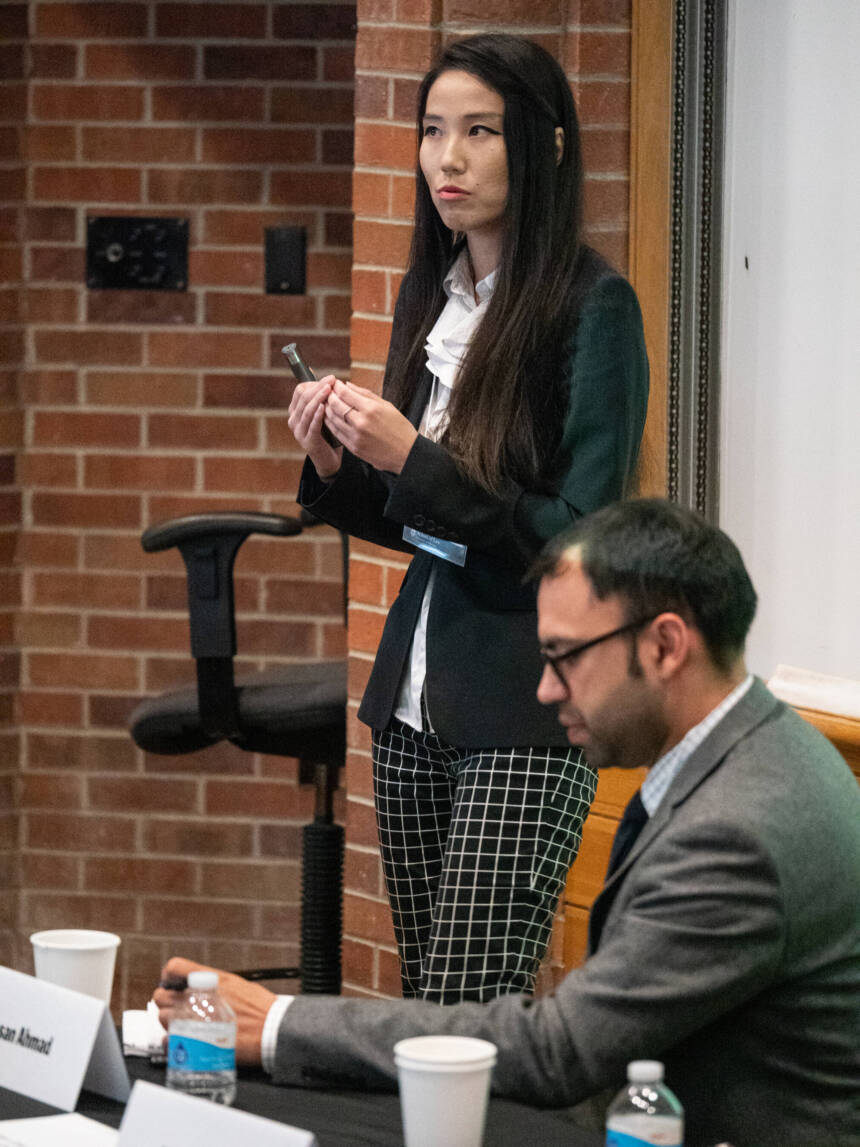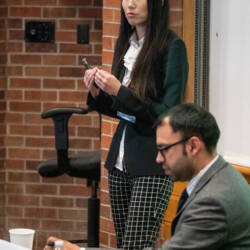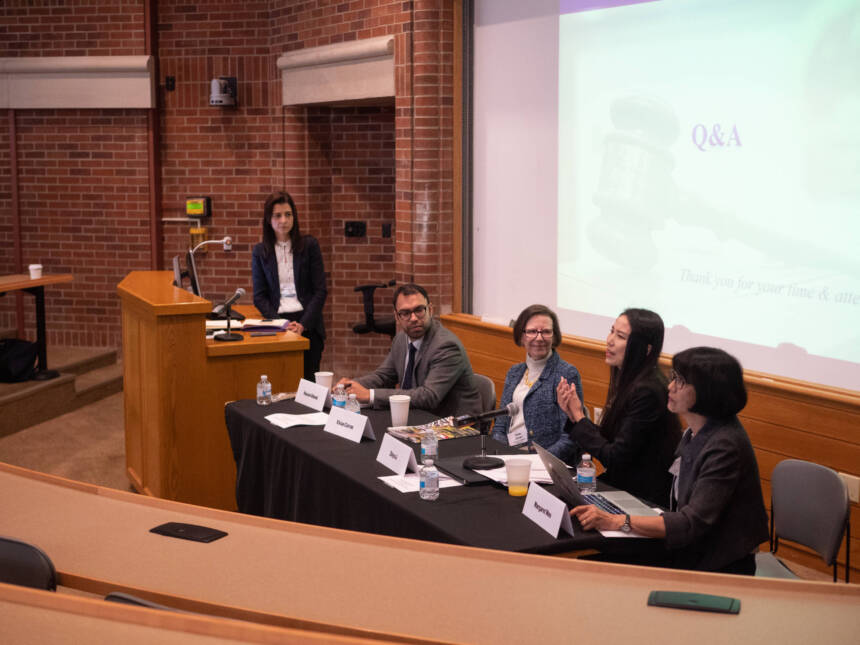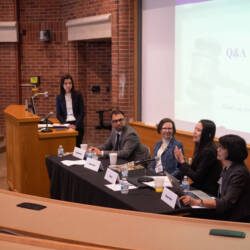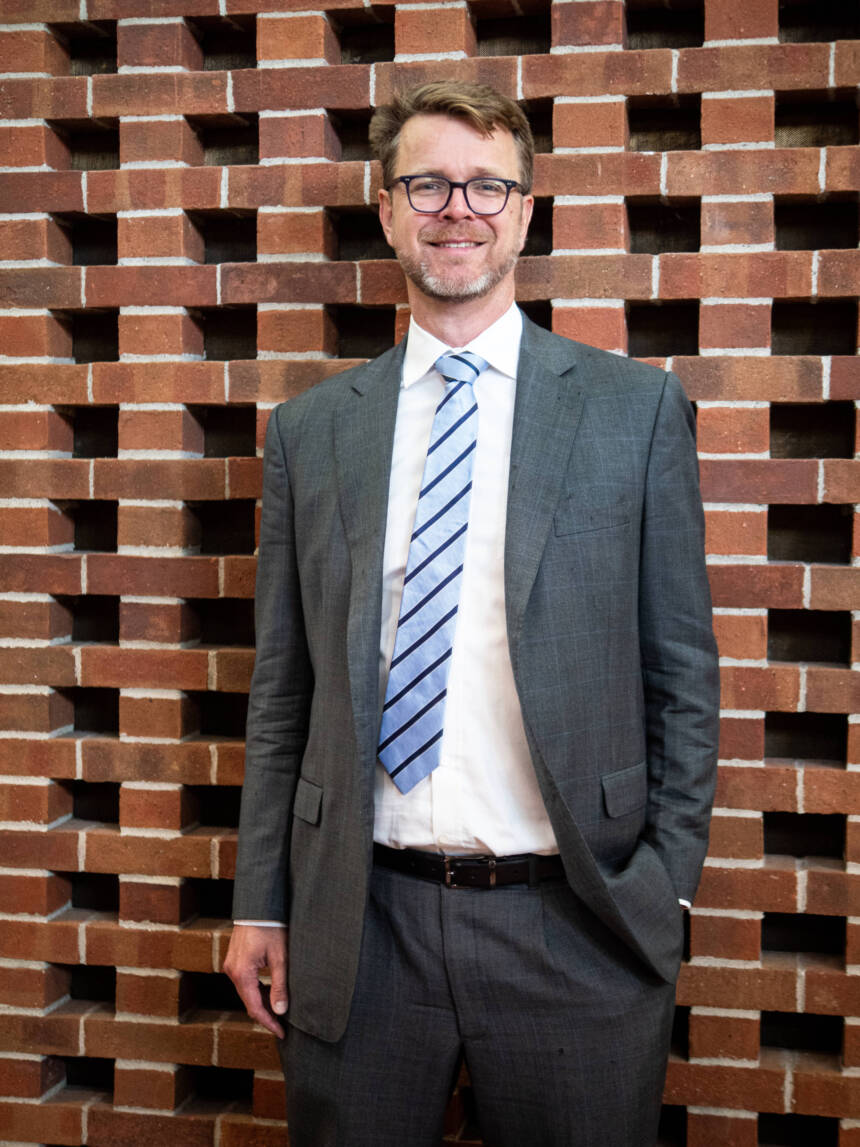American Society of Comparative Law 2019 Annual Meeting Program
In cooperation with the University of Missouri Center for the Study of Dispute Resolution, the University of Missouri International Center, and Media Partner Transnational Dispute Management (TDM)/OGEMID/Young OGEMID.
November 8, 2019

Overview
Comparative law has long been an integral part of the international dispute resolution process, regardless of whether the matter involves litigation, arbitration, mediation, conciliation or negotiation. However, scholars have seldom focused on the comparative element, preferring instead to analyze various issues as a matter of public or private international law. While it is important to consider dispute resolution as a reflection of international law, that perspective does not answer all relevant questions.
The American Society of Comparative Law’s 2019 annual program seeks to delve more deeply into how comparative law operates formally and informally, visibly and invisibly, publicly and privately, in cases involving cross-border dispute resolution. The program includes two plenary sessions that are intended to provide an overview of comparative law in international dispute resolution as well as recommendations and forecasts for the future of the field.
While the precise topics are still being discussed, the first plenary will likely consider, among other things, how legal reasoning in international litigation or international arbitration varies (if at all) across the common law-civil law divide; how public or private initiatives (such as the United Nations Case Law on UNCITRAL Texts project) can increase comparative legal research in the area of international dispute resolution; how constitutional norms can affect the use of comparative law in international dispute resolution; or how comparative law can increase the perceived legitimacy of the international dispute resolution process.
The second plenary will likely consider, among other things, how epistemic communities will affect the development of comparative law in international dispute resolution; how internet and online technology will affect the development of international dispute resolution and the role that comparative law will play in that process; and lessons that the global community can learn from the European Union with respect to comparative law and cross-border dispute resolution.
The annual program will also include time slots accommodating concurrent panels. Proposals will be considered on a variety of subjects on comparative law and international dispute resolution, such as those involving particular procedures, including judicial procedures, arbitral procedures and consensual procedures (meaning negotiation, mediation and conciliation), as well as the way that comparative law is used by judges, legislators, policymakers and parties in those processes. It is expected that panel members will not only address various questions from a comparative perspective but will also incorporate interdisciplinary and empirical perspectives into their analyses. The concurrent panels may also be on comparative law topics different from the main topic of international dispute resolution and, as a way to foster multilingualism at the ASCL, may also be held in languages different from English.
The University of Missouri intends to publish six to eight papers from the annual meeting in the Journal of Dispute Resolution, the scholarly publication of the CSDR. The Journal was established in 1984 and is recognized nationally and internationally as one of the leading journals in the area of alternative dispute resolution. In the past, the Journal has published articles by internationally renowned authors, including Justice Frédéric Bachand, Gary Born, Judge Jeremy Fogel, Marc Galanter, Deborah Hensler, Carrie Menkel-Meadow, Judith Resnik and Frank E.A. Sander, among others.
Given the nature of the conference, the editors of the Journal are willing to consider a variety of formats for published works. Thus, papers can range from standard single-author pieces to moderator-generated reports or transcripts of panel presentations. Contributors to the Journal need to submit the final versions of the papers by the end of November or beginning of December 2019 so that the articles can be edited and published in the spring 2020 issue of the Journal.
Cost, Registration, and Logistical Information
There is a $50.00 registration fee associated with the annual meeting, although the fee is waived for ASCL members and students. However, all attendees are asked to register by October 1, 2019. For logistical information on travel, parking and hotel accommodations, click here.
Register OnlineAbout the American Society of Comparative Law
 The American Society of Comparative Law, Inc. (ASCL) is the leading organization in the United States promoting the comparative study of law. Founded in 1951, it is a thriving organization of more than 100 institutional sponsor members, both in the United States and abroad, and a growing number of individual members. The Society publishes The American Journal of Comparative Law, the outstanding American publication of scholarship on comparative law. The Society also holds annual meetings at which comparative law scholars present research and critically examine important legal issues from a comparative perspective. In addition, the Society provides support to other scholarly conferences both in the United States and internationally that deal with comparative law.
The American Society of Comparative Law, Inc. (ASCL) is the leading organization in the United States promoting the comparative study of law. Founded in 1951, it is a thriving organization of more than 100 institutional sponsor members, both in the United States and abroad, and a growing number of individual members. The Society publishes The American Journal of Comparative Law, the outstanding American publication of scholarship on comparative law. The Society also holds annual meetings at which comparative law scholars present research and critically examine important legal issues from a comparative perspective. In addition, the Society provides support to other scholarly conferences both in the United States and internationally that deal with comparative law.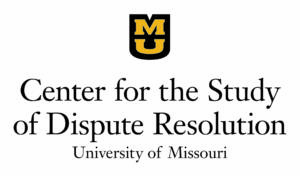
About the Center for the Study of Dispute Resolution
The mission of the Center for the Study of Dispute Resolution (CSDR) is to develop and promote:
- Appropriate methods for understanding, managing and resolving domestic and international conflict.
- The use of dispute resolution techniques to enhance informed decisionmaking.
In furtherance of that mission, the CSDR fosters comprehensive approaches to lawyering and decisionmaking and promotes the appropriate use of alternative processes of dispute resolution through engagement in legal and interdisciplinary scholarship; law school teaching and curriculum initiatives; educational services to legal and dispute resolution professionals; law reform related to dispute resolution; and direct dispute resolution services.
About the Journal of Dispute Resolution
Select papers from the annual conference will be published in the Journal of Dispute Resolution. The Journal was established in 1984 and is recognized as the leading legal publication in the area of alternative dispute resolution. The Journal contains articles written by nationally and internationally prominent authors as well as by students on a wide variety of topics in the field of dispute resolution.
About Transnational Dispute Management (TDM), OGEMID and Young OGEMID
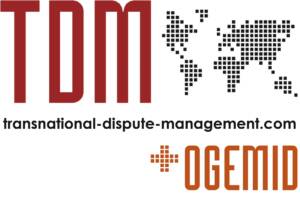 TDM is a peer-reviewed online journal dedicated to various aspects of international arbitration, with a special focus on investment arbitration. Since the first issue was published in 2004, TDM has gained popularity among a large number of law firms, academics and other professionals in the field of arbitration.
TDM is a peer-reviewed online journal dedicated to various aspects of international arbitration, with a special focus on investment arbitration. Since the first issue was published in 2004, TDM has gained popularity among a large number of law firms, academics and other professionals in the field of arbitration.
OGEMID is part of TDM and is the world’s only high-profile arbitration discussion forum. OGEMID brings together most of the world’s experienced professionals in the field of international dispute management (arbitration, mediation and negotiation), with a particular emphasis on investment disputes. Young-OGEMID also focuses on matters involving international dispute resolution, but is only open to junior practitioners (e.g., those who have not been made partner or counsel), junior academics (e.g., those who have not received tenure) and law students so as to create a forum where young professionals can discuss and debate topics of interest on an equal basis and out of the eyes of more senior lawyers. Young-OGEMID, which is currently free for eligible individuals, has also developed a number of initiatives meant to address the unique needs of listserv members, including “virtual” symposia and member research forums.
For more information about TDM, OGEMID and Young-OGEMID, click here: https://www.transnational-dispute-management.com/about-tdm.asp.
General Information
Directions and parking information for the University of Missouri School of Law are available at https://law.missouri.edu/about/directions/.
For further information, please contact Mary Tran at 2019ASCL@law.ucla.edu.
Program
Please note: the following is tentative and subject to change. Further information will be provided as it becomes available.
| 7:45 am – 6:15 pm | Works-in-Progress Conference, Hulston Hall |
|---|---|
| 4:00 pm – 7:00 pm | Registration, Memorial Union (outside Room N201) |
| 5:00 pm – 7:00 pm | Welcome Reception, Memorial Union North, Room N201 |
| 7:00 pm – 9:00 pm | Meeting Executive Committee, Hulston Hall, Room 332 |
| 8:00 am – 9:00 am | Registration in Hulston Hall Foyer and continental breakfast outside Room 7 |
|---|---|
| 9:00 am – 9:15 am | Welcome Remarks, Room 7 |
| 9:15 am – 10:45 am | Plenary Panel I: Comparative Law in International Dispute Resolution – An Overview, Room 7 Moderator: Prof. Victoria Sahani, Arizona State University Prof. Ronald Brand, University of Pittsburgh: Comparative Law and International Litigation Prof. Kun Fan, McGill University: Comparative Law and International Mediation Prof. Josh Karton, Queen’s University: Comparative Law and International Commercial Arbitration Prof. George Bermann, Columbia University, is unable to attend the annual meeting, but will submit a written paper on Comparative Law and International Commercial Arbitration to the symposium issue of Journal of Dispute Resolution dedicated to the annual meeting. |
| 10:45 am – 11:00 am | Coffee break |
| 11:00 am – 12:30 pm | Concurrent Panels I Please see Concurrent Panel tab for information on panel topics and composition. |
| 12:30 pm – 1:30 pm | Lunch, Room 7 |
| 1:30 pm – 2:45 pm | Hot Topic Panel: Comparative Law and Populism, Room 7 Moderator: Prof. Máximo Langer, UCLA Panelists: Prof. David Landau, Florida State University Prof. Kim Scheppele, Princeton University Prof. Yvonne Tew, Georgetown University Prof. Mark Tushnet, Harvard Law School |
| 2:45 pm – 3:00 pm | Coffee break |
| 3:00 pm – 4:30 pm | Concurrent Panels II Please see Concurrent Panel tab for information on panel topics and composition. |
| 4:30 pm – 4:45 pm | Coffee break |
| 4:45 – 6:00 pm | Plenary Panel II: The Future of Comparative Law in International Dispute Resolution, Room 7 Moderator: Prof. Ilhuyung Lee, University of Missouri Prof. Janet Martinez, Stanford University: Comparative Law and Dispute System Design – A Look Forward Prof. Jacqueline Nolan-Haley, Fordham University: Comparative Law and Access to Justice – A Look Forward Prof. Amy Schmitz, University of Missouri: Comparative Law and Online Dispute Resolution – A Look Forward |
| 7:00 pm – 9:00 pm | Conference Dinner, Memorial Union North, Room N201 |
| 8:00 am – 8:30 am | Continental breakfast, outside Room 7 |
|---|---|
| 8:30 am – 10:30 am | Young Comparativists Panel, Room 7
|
| 10:30 am – 10:45 am | Coffee break |
| 10:45 am – 12:15 pm | Society Business Meeting, Room 7 |
Register
There is a $50.00 registration fee associated with the annual meeting, although the fee is waived for ASCL members and students. However, all attendees are asked to register by October 1, 2019. For logistical information on travel, parking and hotel accommodations, click here.
Register OnlineDirections and parking information for the University of Missouri School of Law are available at https://law.missouri.edu/about/directions/.
For further registration information, please contact Karen Neylon at neylonk@missouri.edu or 573-882-2020.
Works in Progress Conference
Non-presenters:
Those who are attending the works in progress session but not presenting should contact Karen Neylon (neylonk@missouri.edu) to gain access to the papers prior to the session.
Presenters:
Those who are presenting at the works in progress (WIP) conference should email a copy of their draft paper to Karen Neylon (neylonk@missouri.edu) no later than the end of business on Monday, September 30. This paper will be made available to all WIP attendees by Friday, October 4, through Box/DropBox. There is no limit on the length of the draft submission, but it should be both detailed enough to support sustained discussion (i.e., more than an outline) but short enough to not overburden colleagues (i.e., a chapter rather than an entire book). The paper should include a short abstract at the top of the document. The Box/DropBox account will be deleted shortly after the conclusion of the conference.
Each speaker will be assigned to present his or her paper at one of the eleven panels. Speakers will be given 45 minutes to present and discuss the work in question. We suggest prepared comments be limited to no more than 15 minutes, leaving 30 minutes for discussion. Please note that the emphasis in this conference is on discussion of draft papers, not on lengthy presentations. Presentations are largely unnecessary because attendees are expected to have read submissions in advance.
Since a works-in-progress conference is only as good as the feedback received, it is a requirement that presenters read the papers of their co-panelists in advance and be prepared to provide constructive comments during that panel session, orally and/or in writing. Since papers will be grouped based on subject matter, we would expect that speakers would have interest and expertise in the subjects of their co-panelists.
We would also expect and hope that WIP participants would attend other sessions throughout the day and provide comments on papers presented. Obviously, the process is strengthened to the extent that people can read the papers in advance, but we do not anticipate everyone reading every paper. However, the structure of the conference is such that participants will only be able to attend one third of the presentations anyway, which limits the number of papers on which anyone will be able to comment.
| 7:45 am – 8:00 am | Welcome – Room 204 (Faculty Lounge) |
|---|---|
| 8:00 am – 10:15 am | Panel A – Room 204 (Faculty Lounge)
Moderator: Jim Levin, University of Missouri Maryam Salehijam, University of Gent – Mediation and the European Union: A Comparative Analysis Asli Gurbuz Usluel, Bilkent University – Commercial Dilemma: Mandatory Mediation or Litigation? Comparative Analysis of New Turkish Mediation Rules with the EU Mediation Legal Framework Panel B – Room 206 (CSDR) Moderator: Larry Dessem, University of Missouri Panelists: Fred Einbinder, American University of Paris – Mass Tort Dispute Resolution: A Comparison of French and American Law and Practice Csongor Nagy, University of Szeged – Class Actions à l’Européene: A Transsystemic Analysis Panel C – Room 4 Moderator: Carli Conklin, University of Missouri Panelists: Jorge Contesse, Rutgers Law School – The Inter-American Court of Human Rights’ Use of Comparative Law Manuellita Hermes, Federal State Attorney (Brazil) – The Use of the Inter-American Court of Human Rights Precedents by the Brazilian Federal Supreme Court in Determining the Powers and Jurisdiction of the Military Courts Faraz Shahlaei, Loyola Law School – Human Rights and the Court of Arbitration for Sport |
| 10:15 am – 10:30 am | Break – Room 204 (Faculty Lounge) |
| 10:30 am – 12:45 pm | Panel D – Room 204 (Faculty Lounge)
Moderator: Rafael Gely, University of Missouri Panelists: Orsolya Toth, University of Nottingham – Comparative Law and the Legitimacy of Arbitration Piotr Wilinski, Erasmus School of Law – Perceptions of the Arbitral Tribunal’s Mission and Its Dimensions From the Comparative Law Perspective Panel E – Room 206 (CSDR) Moderator: Amy Signaigo, University of Missouri Panelists: Rodrigo Camarena, Instituto Tecnológico Autónimo de México, and Bradly Condon, Instituto Tecnológico Autónimo de México – Tu Casa es Mi Casa? The Limits of Intersystemic Dispute Resolution Sungjoon Cho, Chicago-Kent College of Law – American Exceptionalism in the Court of the World Trade Organization Vera Korzun, University of Akron – The Paradox in Action: Enforcing “Soft Law” Instruments Through Investor-State Arbitration Panel F – Room 5 Moderator: Dennis Crouch, University of Missouri Panelists: Tahirih Lee, Florida State University – Early Twentieth Century Shanghai as a Test Case for Hernando de Soto Polar’s View of Property Law Lécia Vicente, Louisiana State University – The Comparative Matrix as a Laboratory: Corporate Farming in North Dakota and the Brazilian State of Goiás |
| 12:45 pm – 2:15 pm | Lunch – Room 204 (Faculty Lounge) and Room 206 (CSDR) |
| 2:15 pm – 4:30 pm | Panel G – Room 204 (Faculty Lounge)
Moderator: Máximo Langer, University of California, Los Angeles Panelists: Carlo Vittorio Giabardo, University of Girona – The “Vanishing Trial” and the Public/Private Distinction in Dispute Resolution: Lessons from Comparative Law and History Irene Ten Cate, University of Houston – Arbitral Judging Panel H – Room 206 (CDSR) Moderator: Rick Kay, University of Connecticut Panelists: Monica Eppinger, St. Louis University – Sovereignty, Territory, and International Dispute Resolution: Russia and Ukraine Nozomu Ishiwi, Nagasaki Junshin Catholic University – International Dispute Resolution by China on the Far Westside of the Senkaku Islands 400 Years Ago Yang Liu, Renmin University – International Legal Orientalism? Comparative Law and the Universality of International Law Panel I – Room 107 Moderator: Mekonnen Ayano, University of Missouri Panelists: Jim Maxeiner, University of Baltimore – Chapters from Statutes in Germany’s Government of Laws: With Lessons for the United States of America Rick Peltz-Steele, University of Massachusetts – An African Model for Access to Information in the Private Sector in Developing Europe Kwanghyuk (David) Yoo, University of Iowa – Pay-for-Delay Antitrust Challenges in the Global Pharmaceutical Industry: Legal and Normative Insights from the Current U.S. and EU Jurisprudence |
| 4:30 pm – 4:45 pm | Break – Room 204 (Faculty Lounge) |
| 4:45 pm – 6:15 pm | Panel J – Room 204 (Faculty Lounge)
Moderator: Paul Ladehoff, University of Missouri Panelists: Dilyara Nigmatullina, University of Antwerp, and Stefan Rutten, University of Antwerp – Quality of ODR Procedures in the EU: Independence, Impartiality, and Fairness Carrie Shang, Cal Poly Pomona – Designing ADR in Consumer Financial Services: How Comparative Law Studies Help and Fail to Help Panel K – Room 206 (CSDR) Moderator: Anne Alexander, University of Missouri Panelists: Jeff Brown, Florida A&M University – Tinker, Tailor, Tribunal, Thief: The Creative Use of Comparative Law by the Caribbean Court of Justice to Resolve High Profile Sexual Orientation Discrimination Cases at the International Level Antonios Kouroutakis, Instituto de Empresa – Comparative Law Methodology and the European Court of Human Rights: Challenges and Perspectives |
| 7:00 pm | Dinner Participants are on their own for dinner, but the Law School will make reservations for groups of six at several restaurants in town in case participants want to meet up. More information will be made available at the conference itself. |
Questions and submissions should be directed to:
Mary Tran
2019ASCL@law.ucla.edu
Concurrent Panels
| 11:00 am – 12:30 pm | Concurrent Panels I, Friday, October 18 |
|---|---|
| Concurrent Panel A – Law and Religion: The Headscarf Bans in Europe and Quebec, Room 204 (Faculty Lounge)
Moderator: Ioanna Tourkochoriti, NUI Galway – Religious Neutrality in the Workplace: A Critique of the CJEU from a Comparative Perspective Additional Panelists: Ralf Michaels, Max Planck, Hamburg – The State of the Veil: Liberalism, Secularism, and National Identity in the Global Debate on Face Veil Bans Daniel Weinstock, McGill – “Laïcistes,” Feminists and Conservative Nationalists: An Unlikely Alliance over the Ban on Religious Symbols |
|
| Concurrent Panel B – Critical Perspectives on International Arbitration and International Investment Law, Room 4
Moderator: Fernanda Nicola, American University – Unholy Alliances in International Investment Law: Comparing Goals, Expertise and Strategies in the creation of the Multilateral Investment Court Additional Panelists: Jorge Esquirol, Florida International University – Comparative Law as Evidence in Investor-State Disputes Victoria Sahani, Arizona State University – A Hardy Case Makes Bad Law |
|
| Concurrent Panel C – Arbitration, Mediation and Judgment Enforcement in Comparative Perspective, Room 5
Moderator: Marta Vicente, Coimbra University, and Paulo da Rocha Pichel, Catholic University of Portugal – The Importance of (Not) Being a Tax: Energy Taxes and Contributions Under International Investment Arbitration and the Portuguese Constitution Additional Panelists: James P. George, Uniform Law Commission – Harmonizing Domestic Laws to Facilitate Bilateral Judgment Enforcement Elisabetta Silvestri, University of Pavia, and Federico Ferraris, University of Milano-Bicocca – Mandatory Mediation: Does It Advance the Cause of a Peaceful Resolution of Disputes? |
| 3:00 pm – 4:30 pm | Concurrent Panels II, Friday, October 18 |
|---|---|
| Concurrent Panel D – The Role of Comparative Law in International Dispute Settlement and International Law, Room 7
Moderator: David Stewart, Georgetown University Additional Panelists: Yang Liu, Renmin University – Non-existent: The story of General Principles of Law at ICJ and the Absence of Comparative Law at the Peace Palace Zixin Meng, Tulane University – Facilitating International Enforcement Through a Comparative Channel: State Immunity in the Enforcement of Arbitral Awards |
|
| Concurrent Panel E – Book Panel: Richard Albert, Constitutional Amendments: Making, Breaking, and Changing Constitutions, Room 6
Moderator: Ioanna Tourkochoriti, NUI Galway Panelists: Rick Kay, University of Connecticut Mark Kende, Drake University Francisca Pou, Instituto Tecnológico Autónimo de México Brian Ray, Cleveland-Marshall College of Law |
|
| Concurrent Panel F – Current Themes in Comparative Administrative and Constitutional Law, Room 4
Moderator: Francesa Bignami, George Washington University – Material Liberty: Market and Social Rights in German and American Law Additional Panelists: Antonia Baraggia, University of Milan – “Governing Through Conditions:” The Use of “Conditionality” in Multilevel Legal Systems Paolo Farah, West Virginia University – Public Participation in Environmental Matters in China and the European Union: A Comparative Perspective David Law, Washington University St. Louis – Judicial Review of Constitutional Amendments in Taiwan |
Gallery
Photos from the event:
